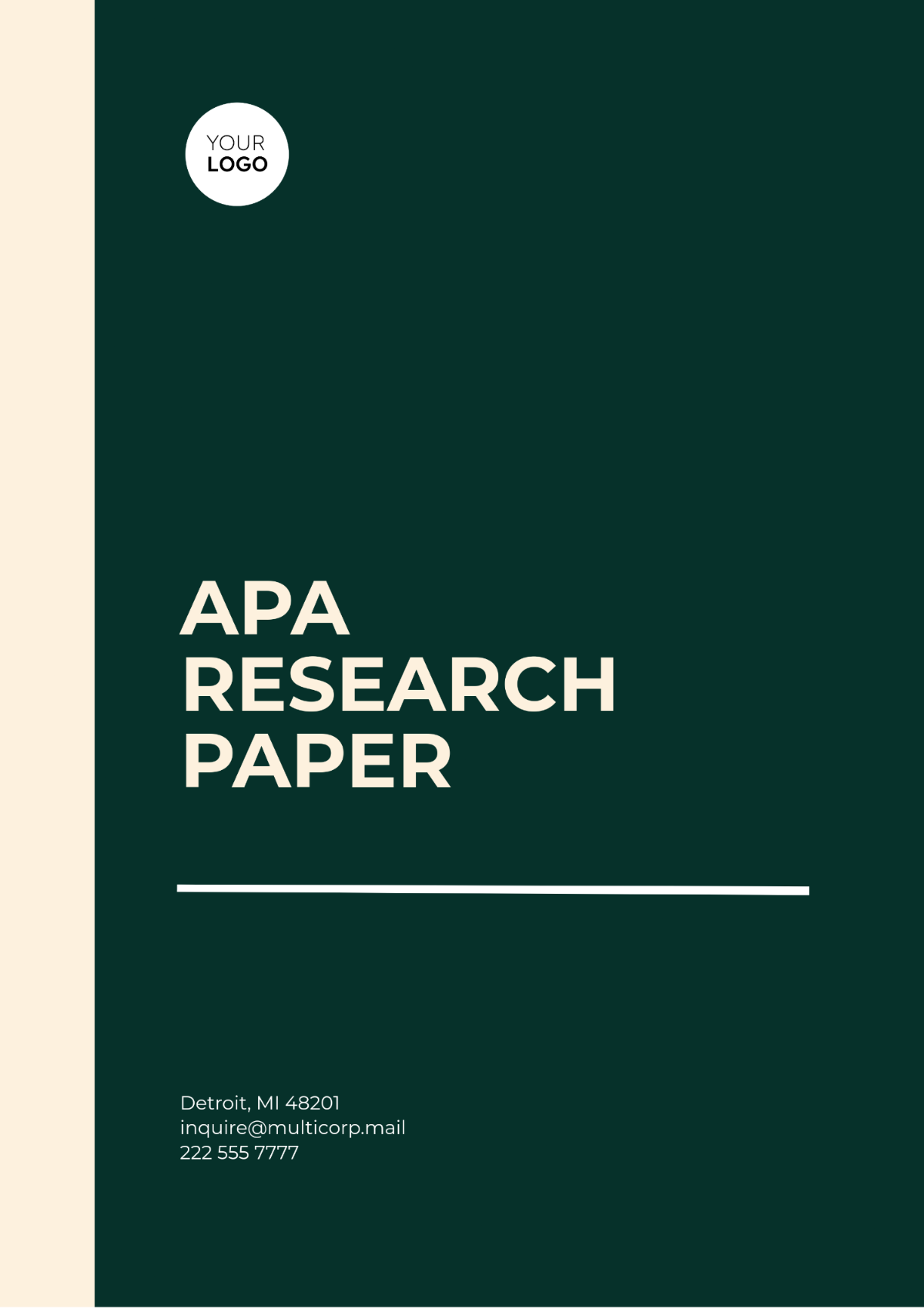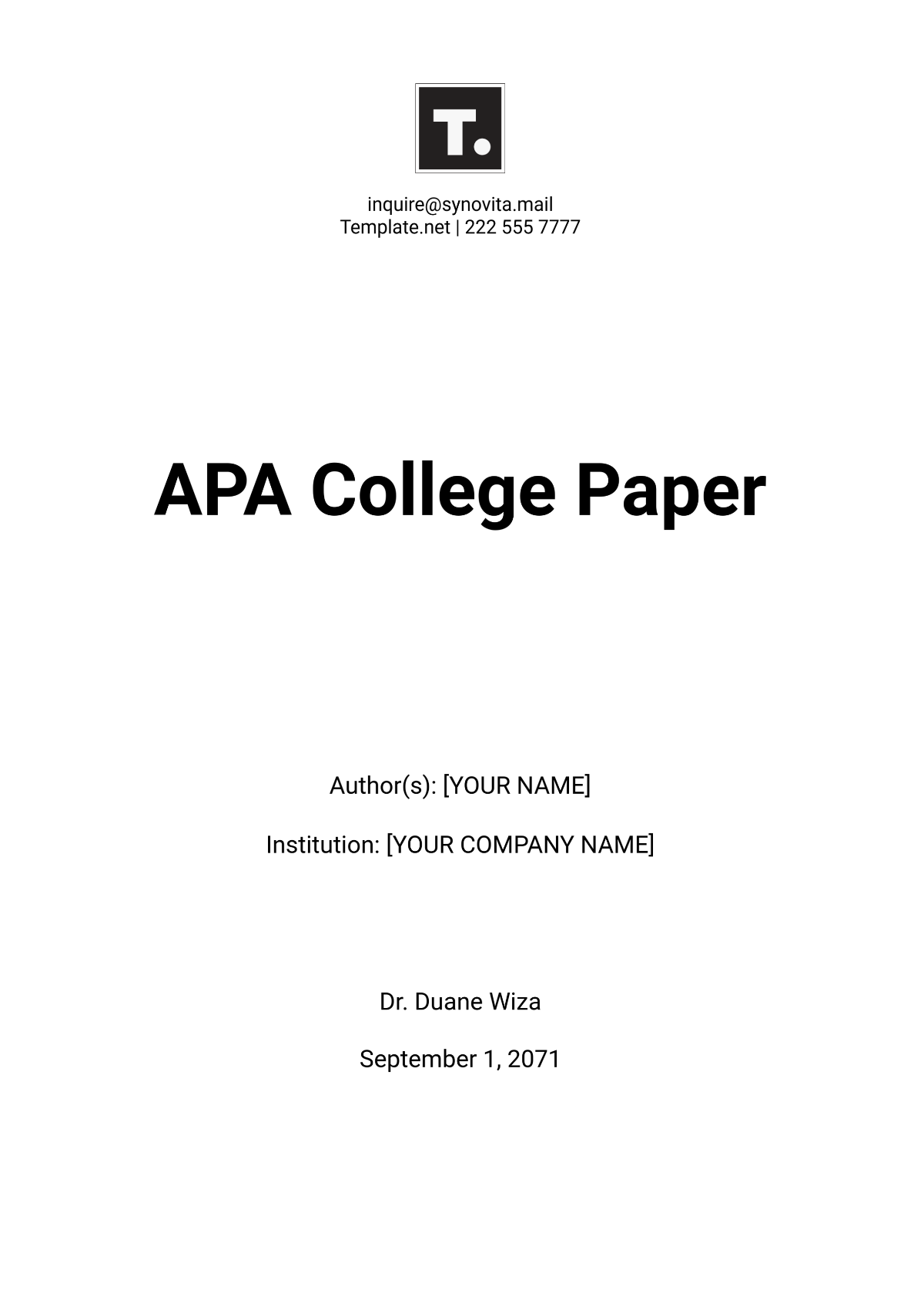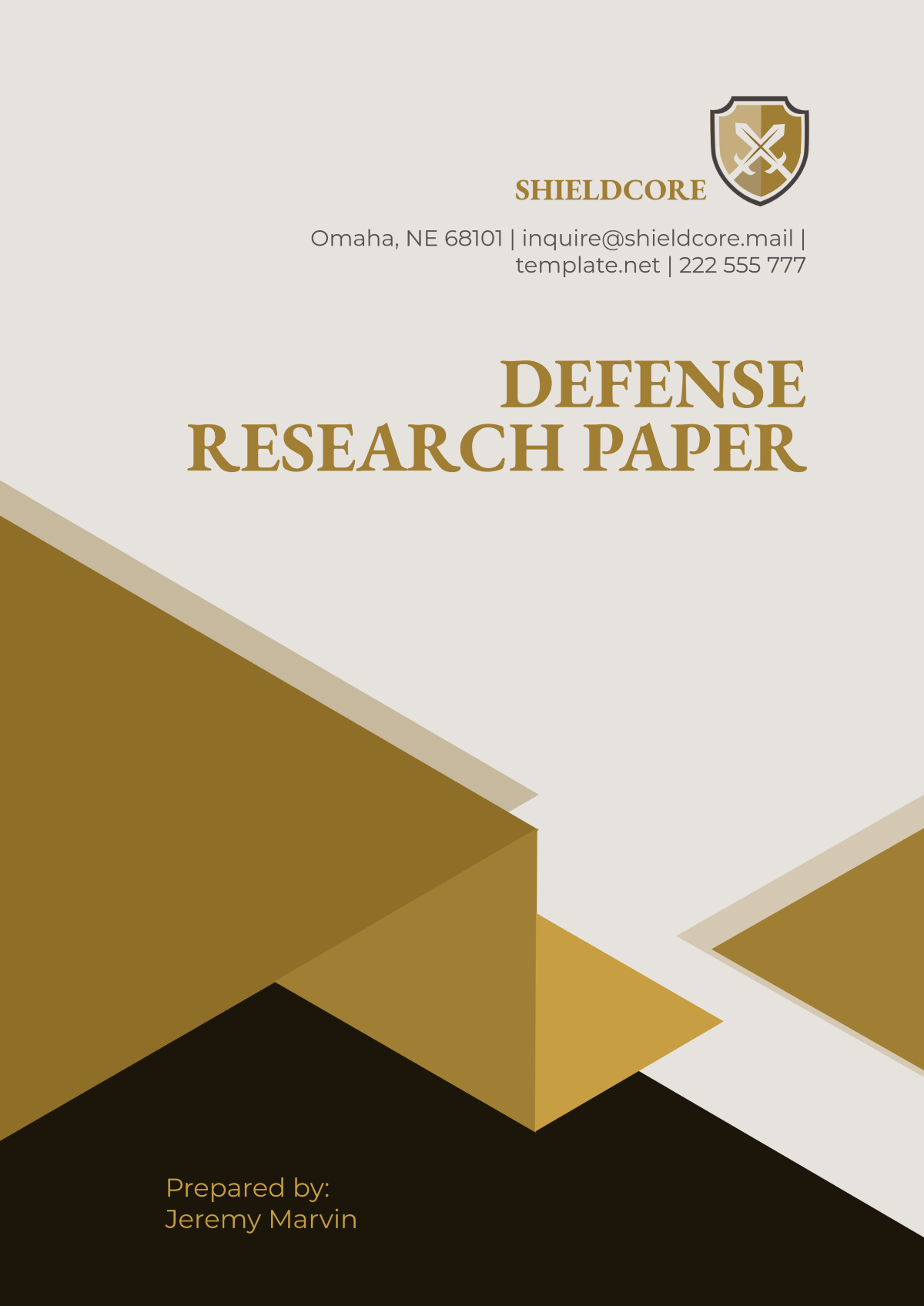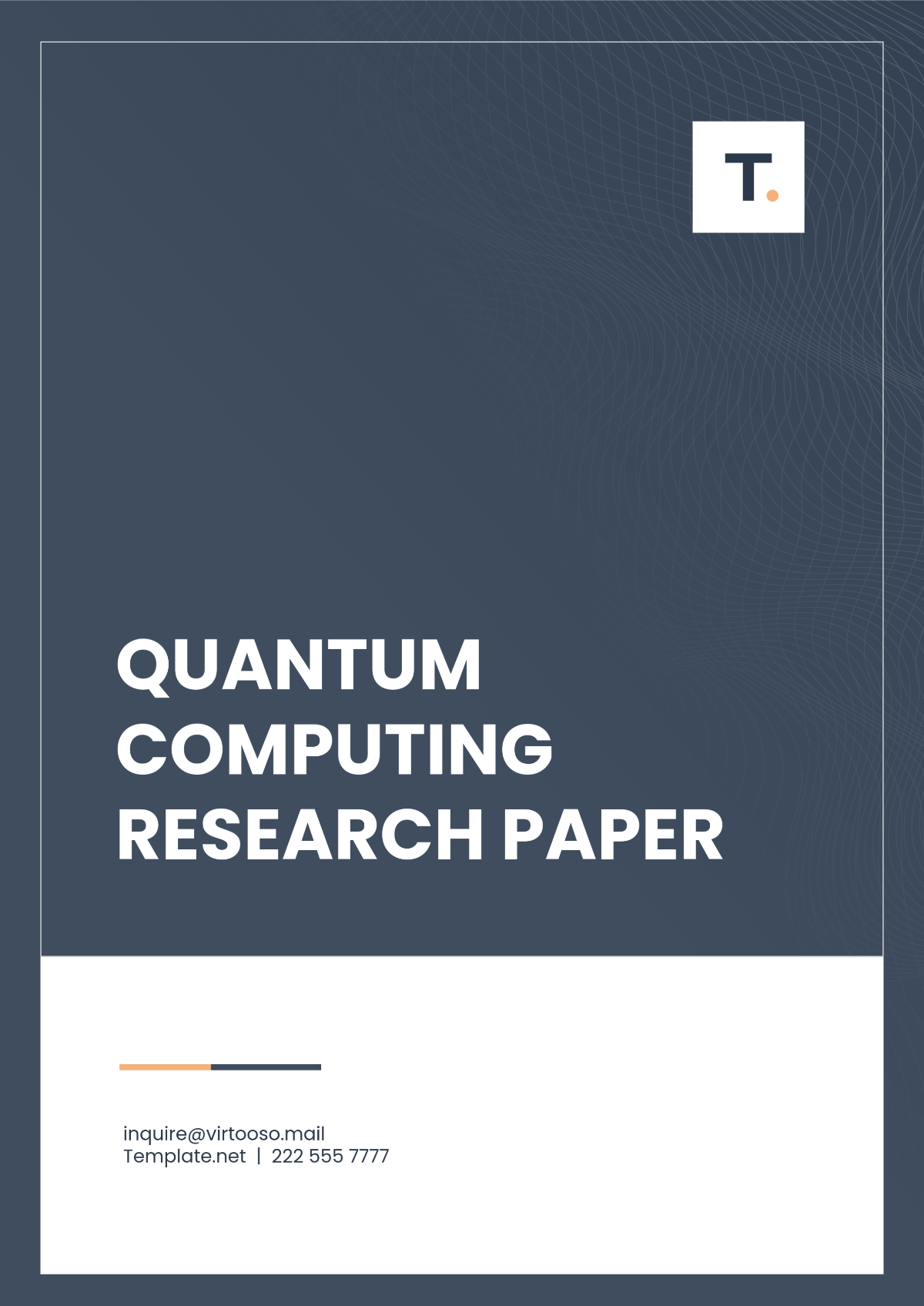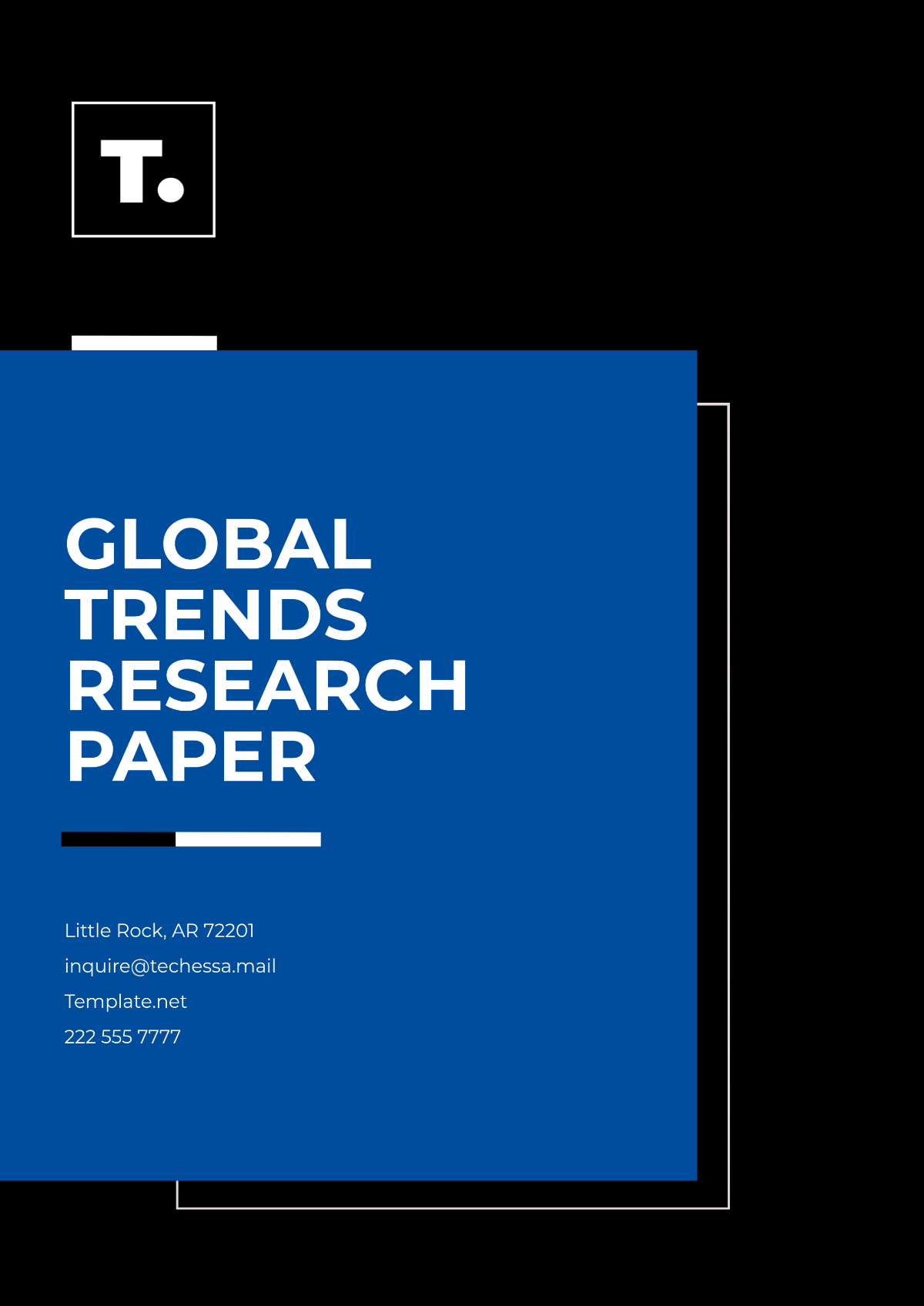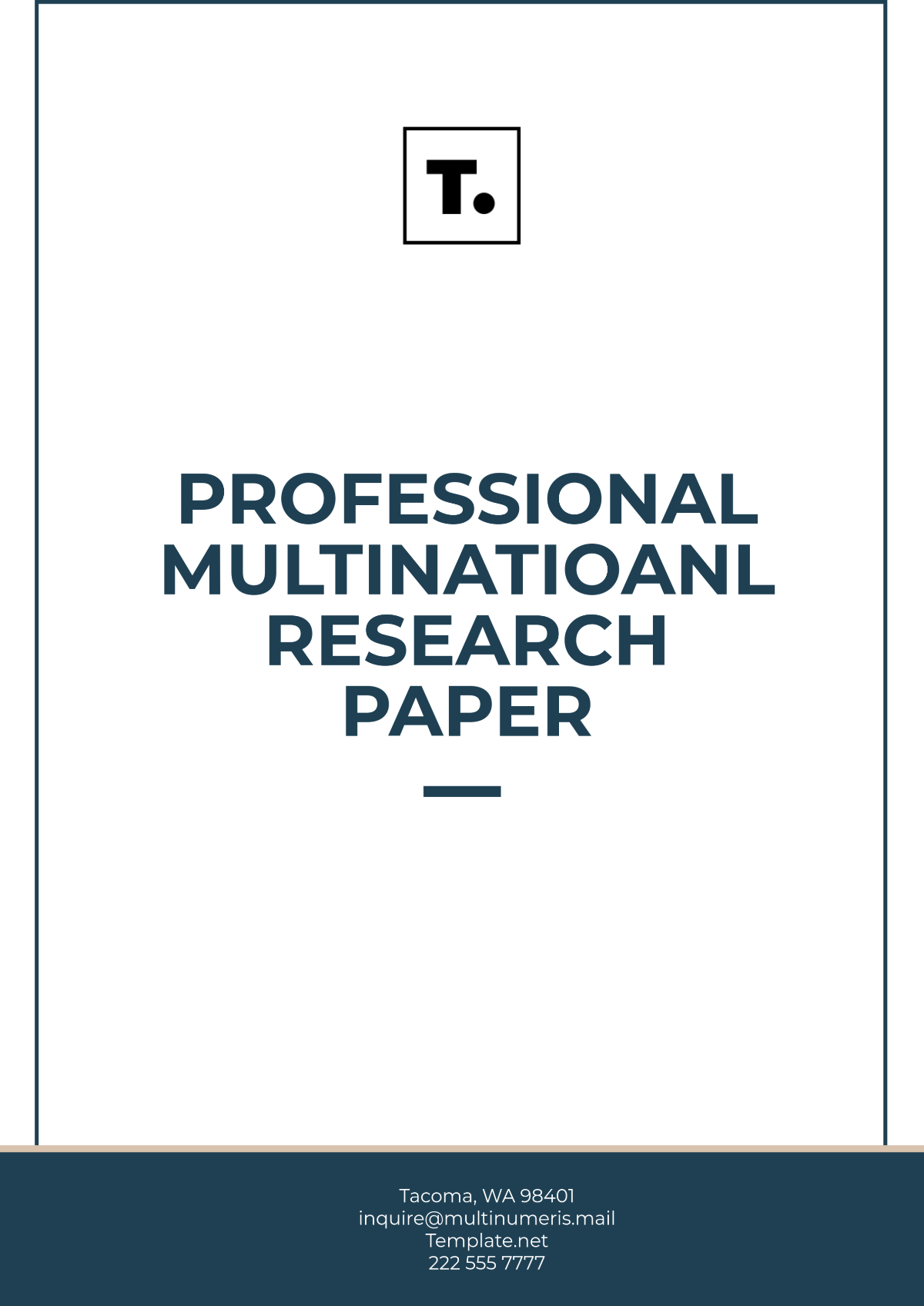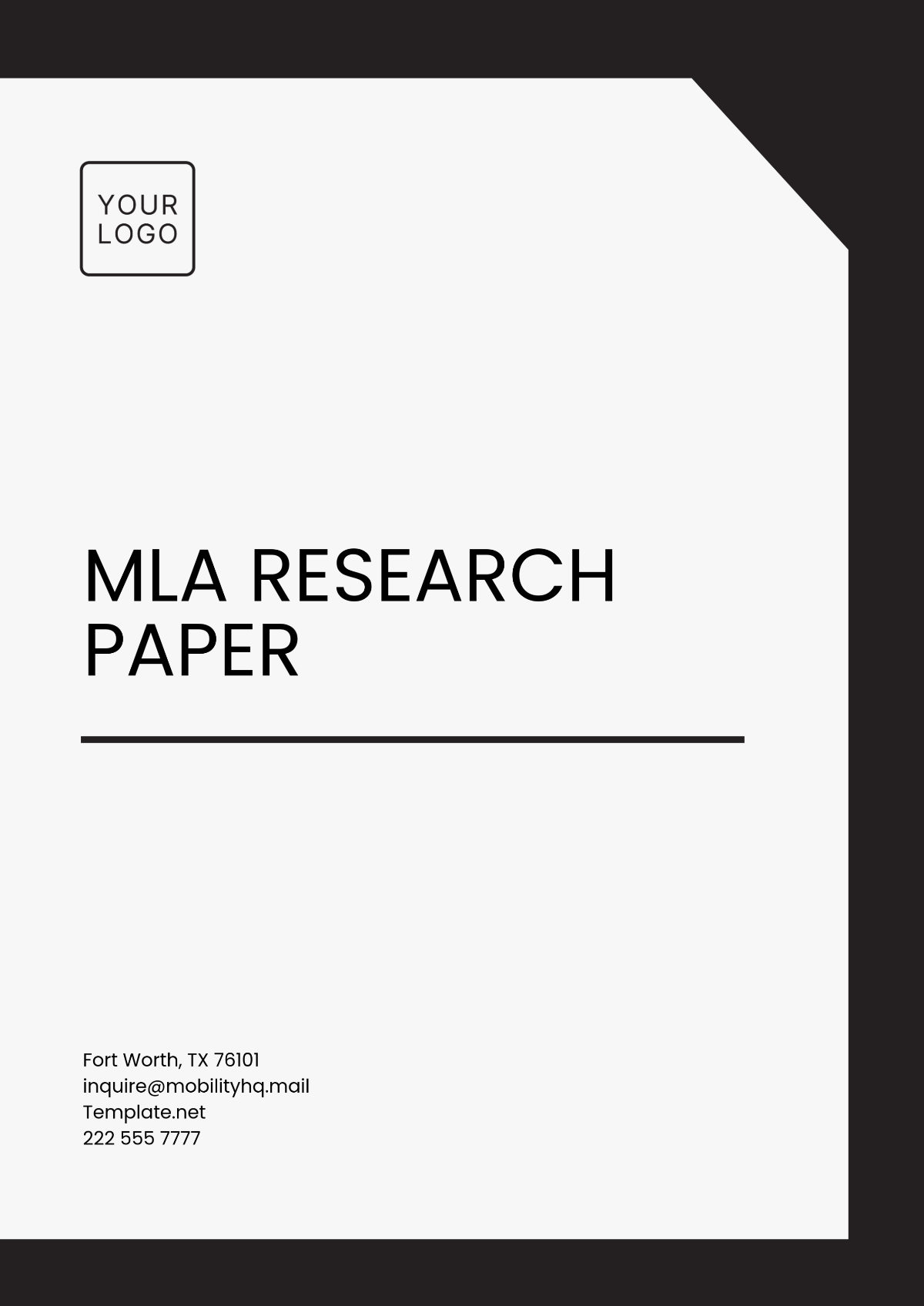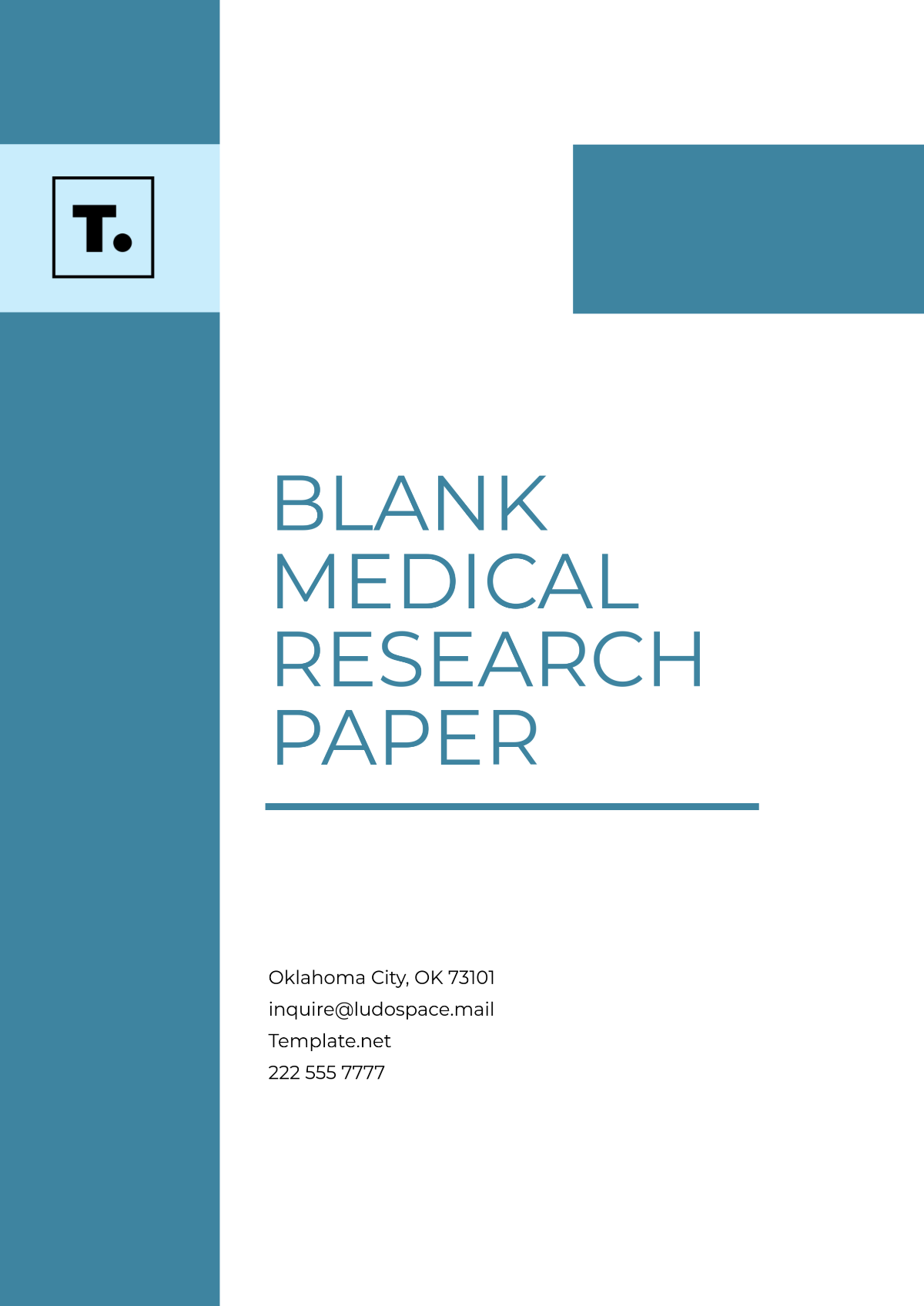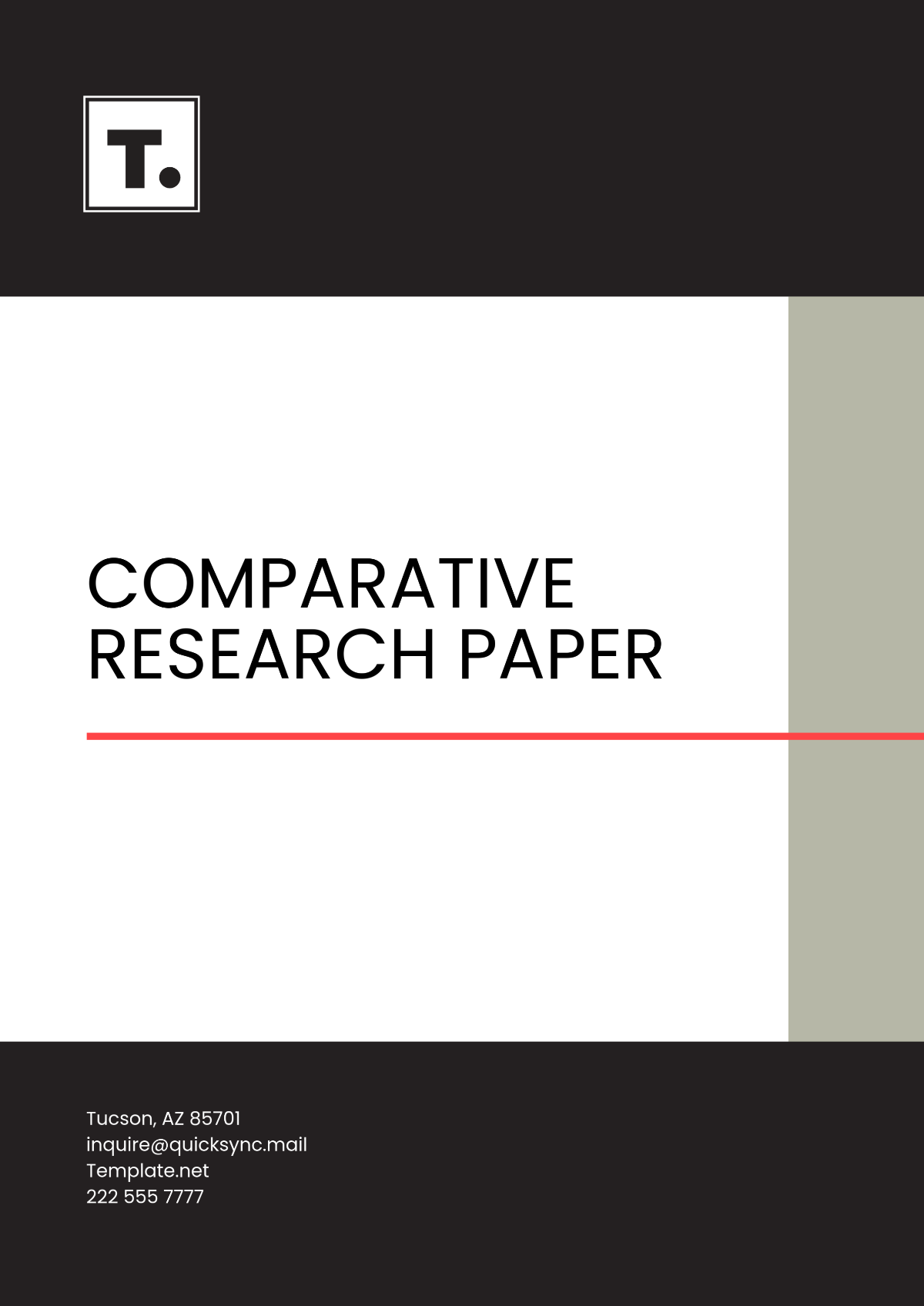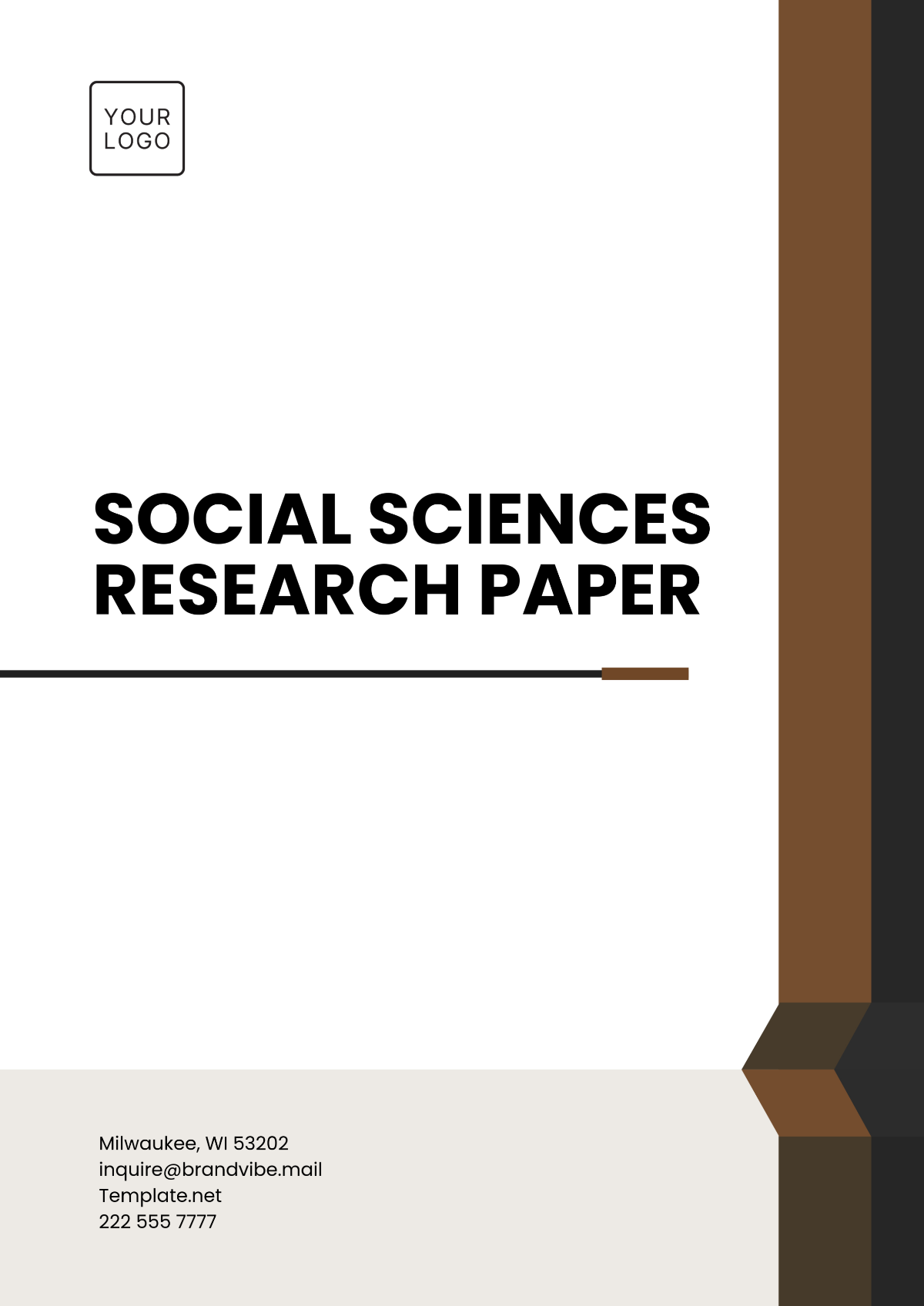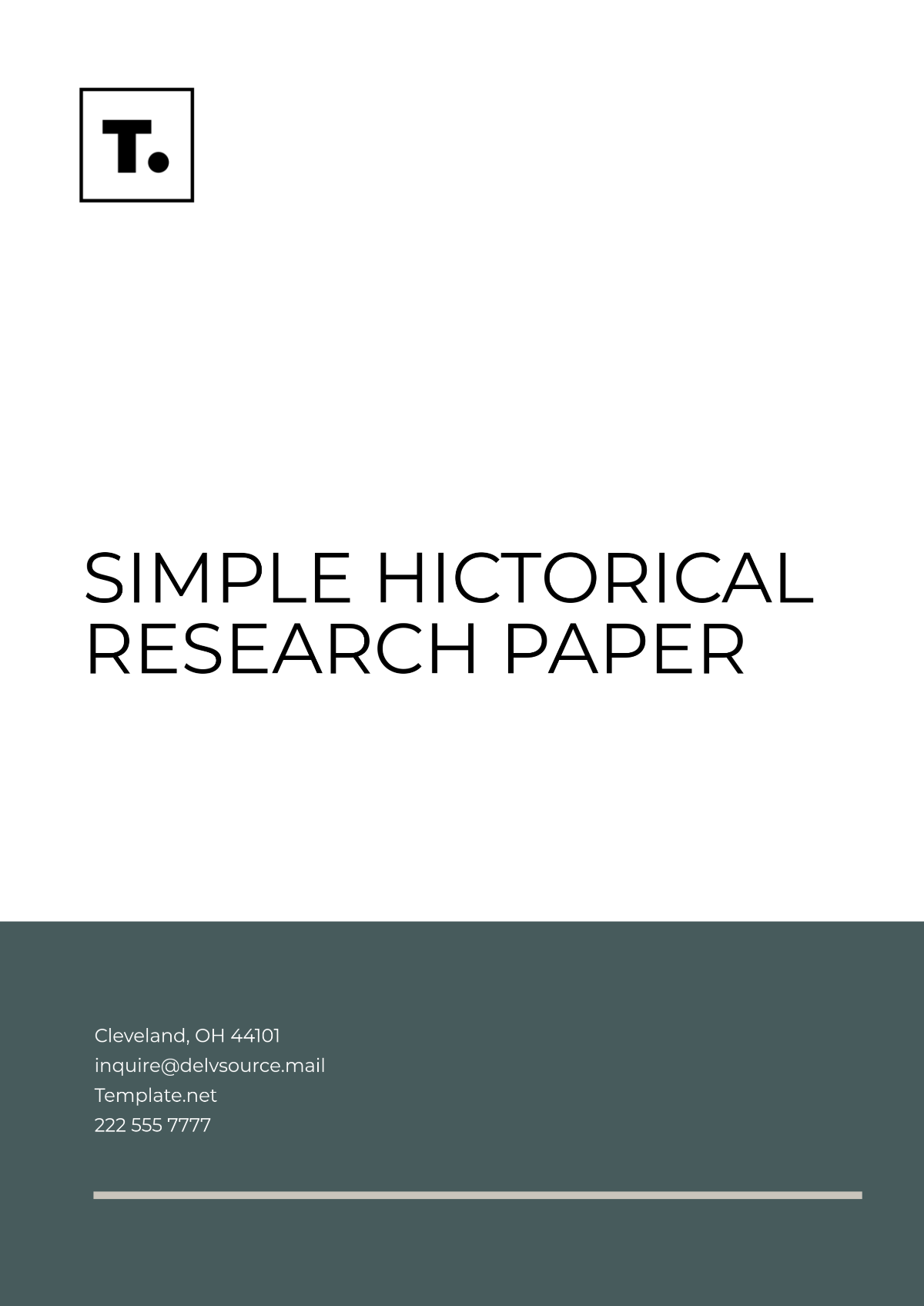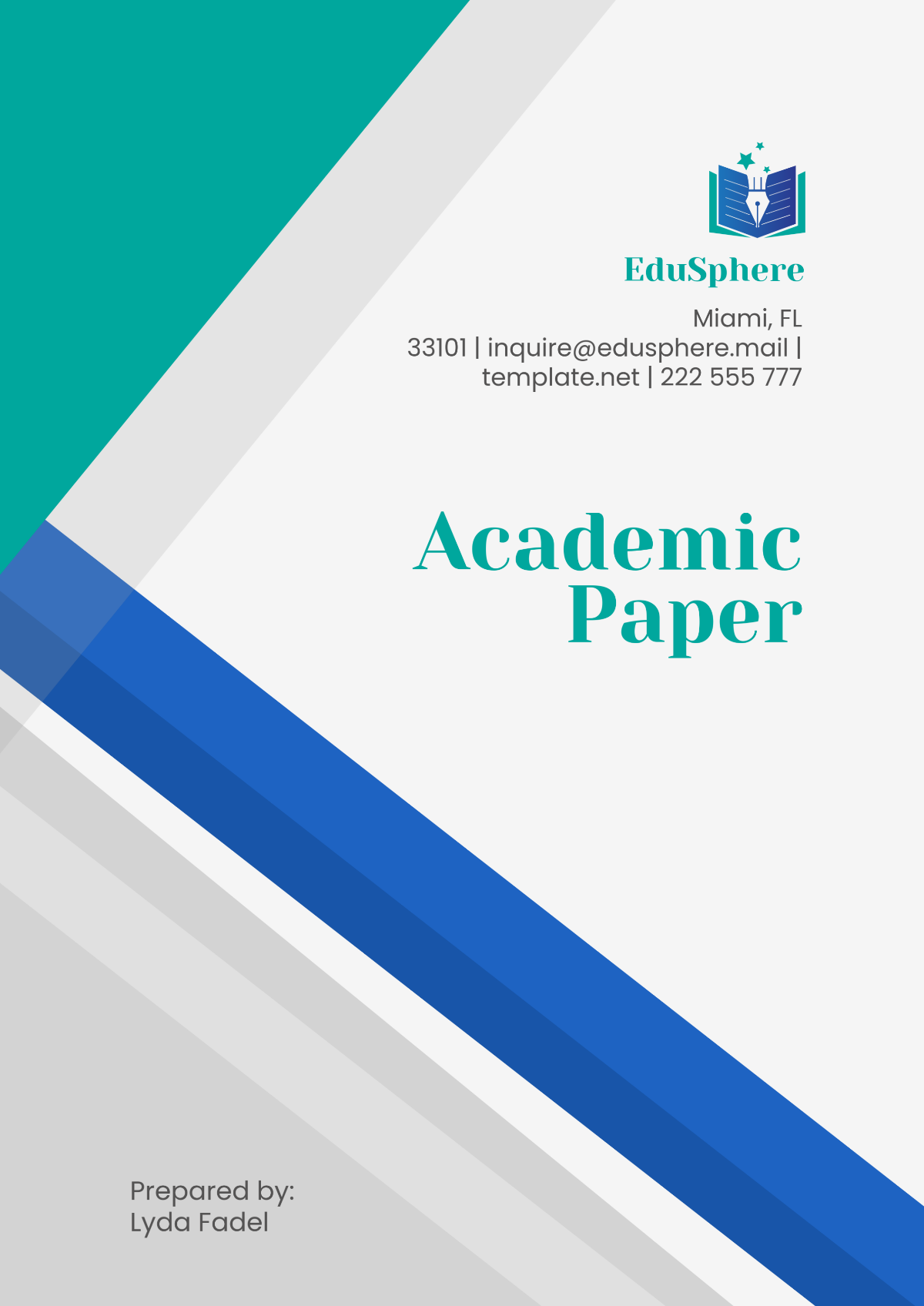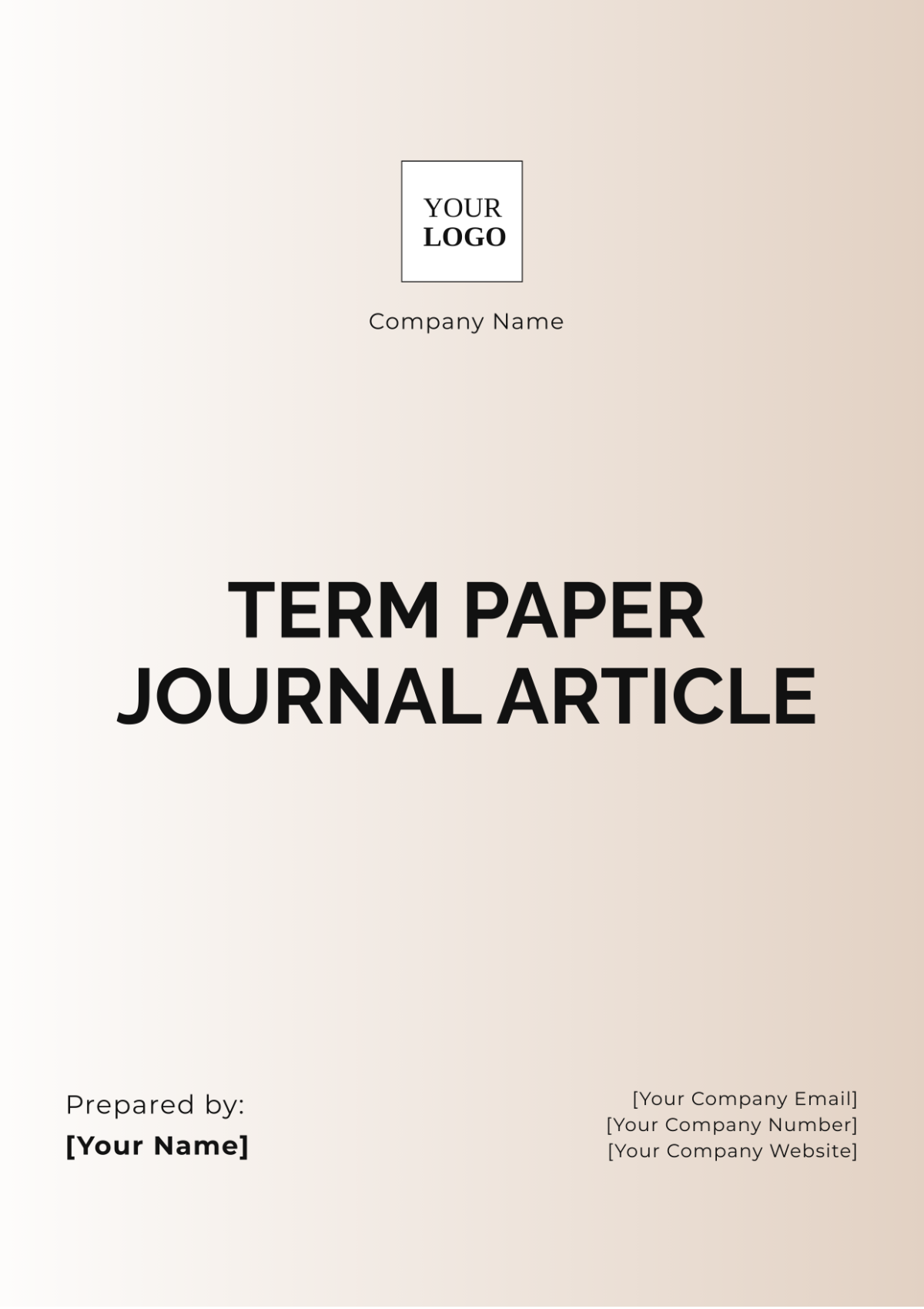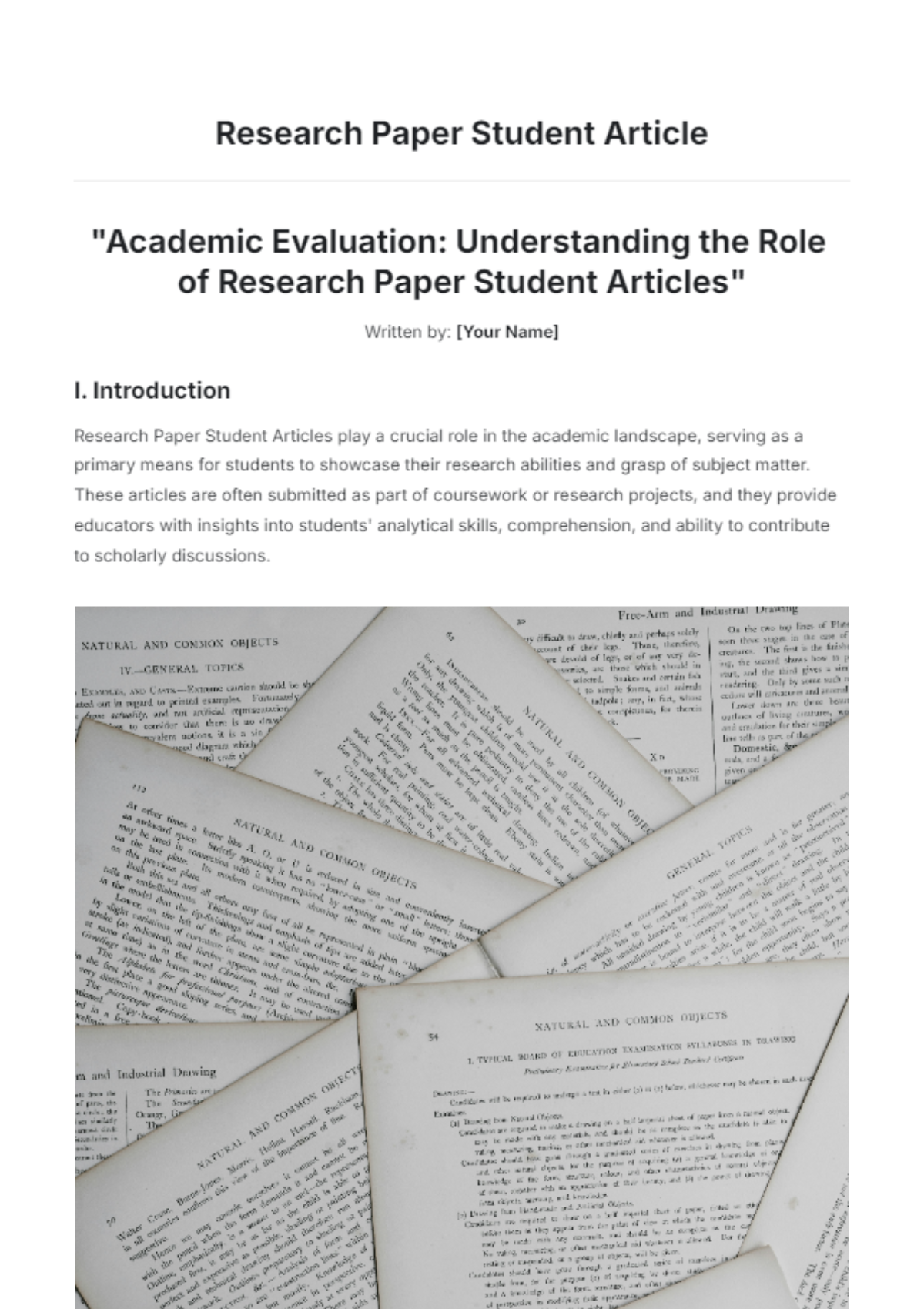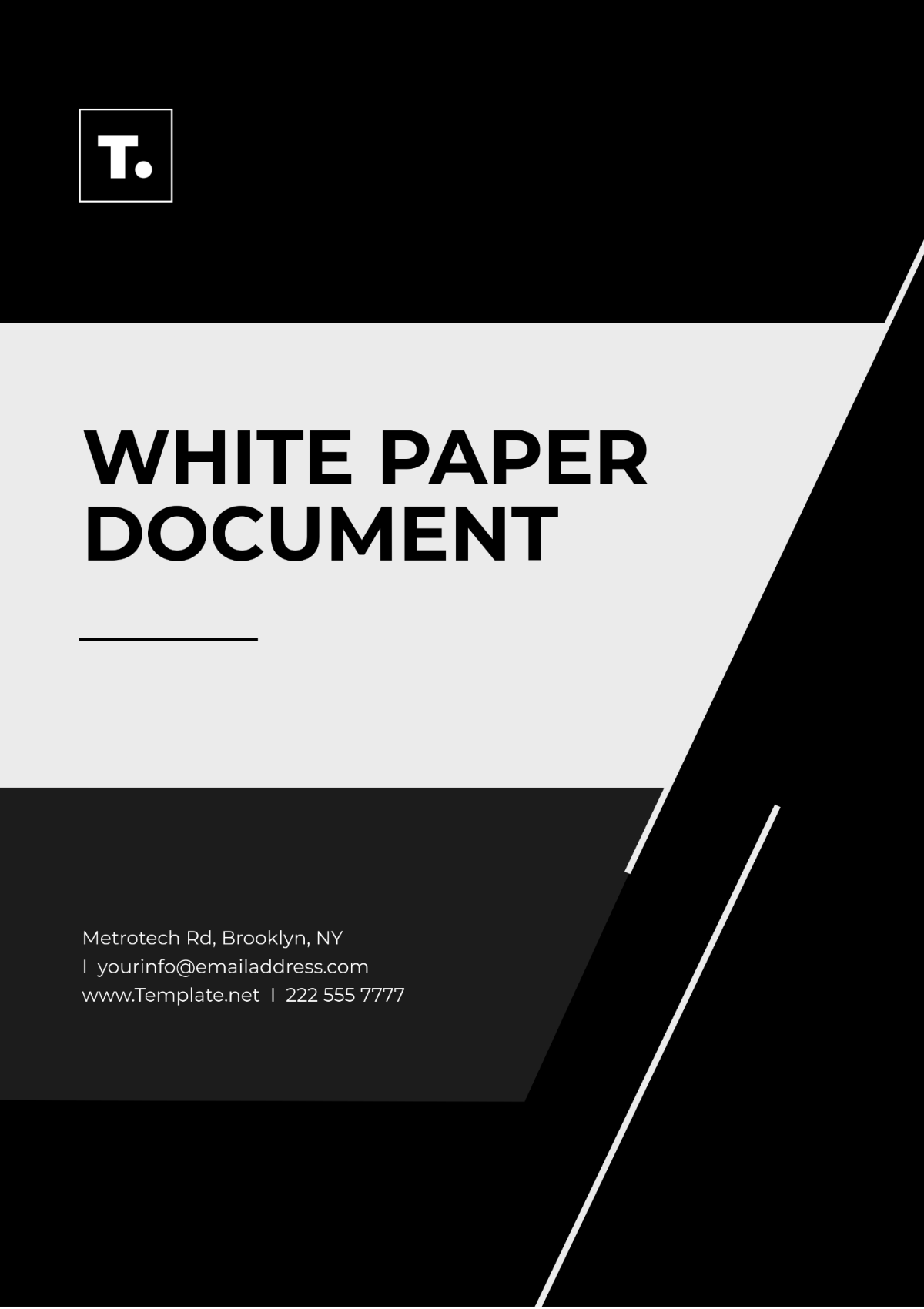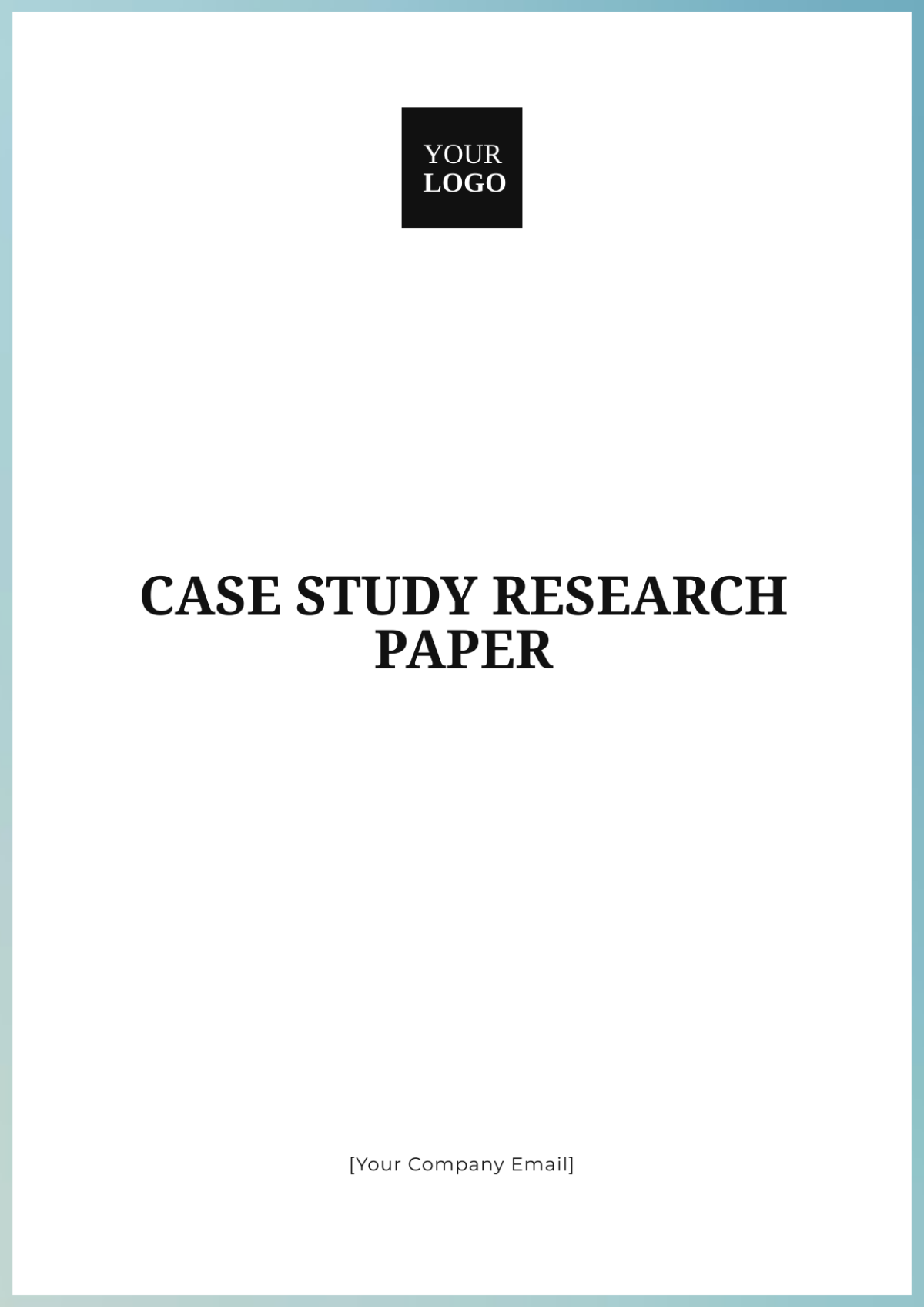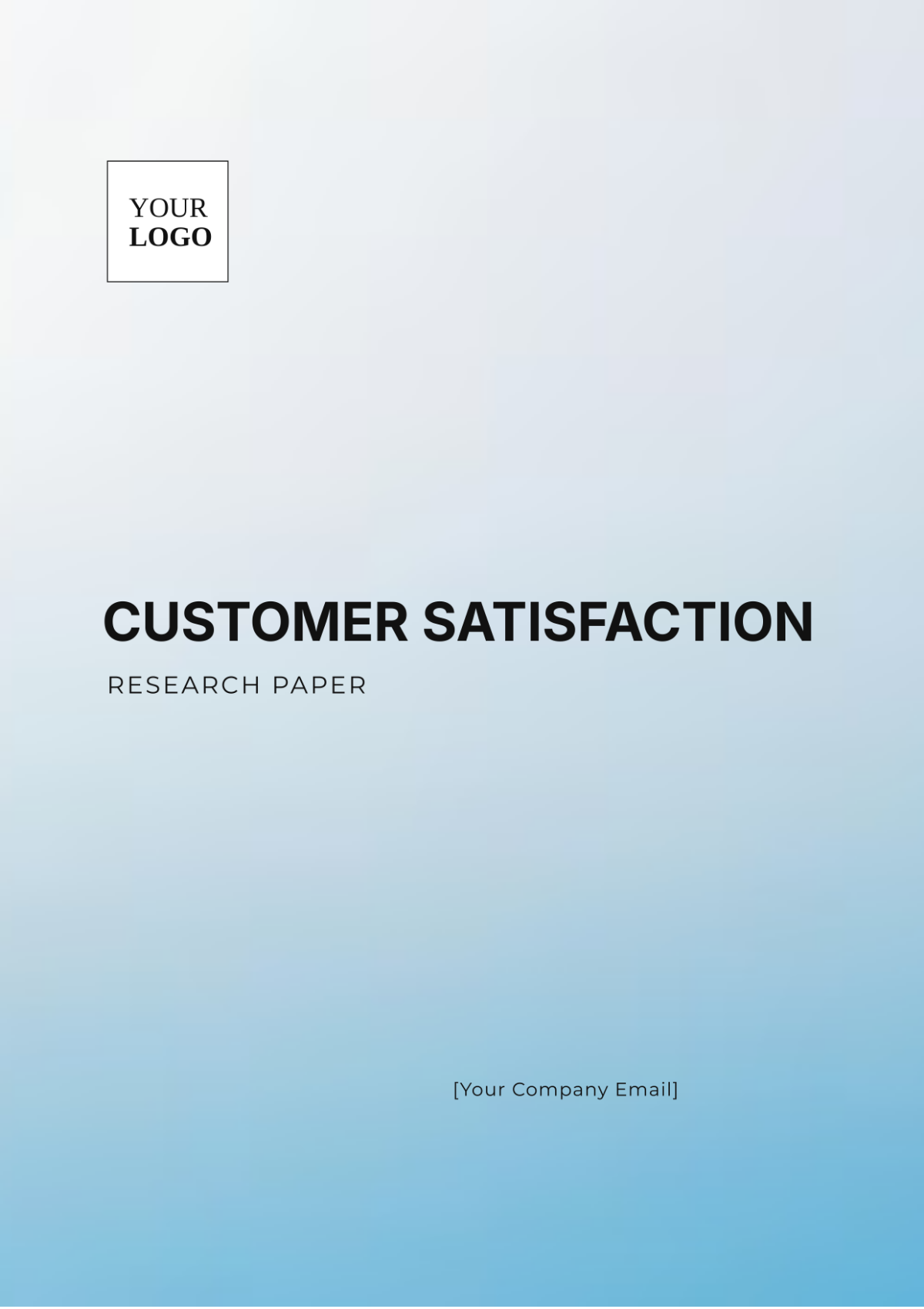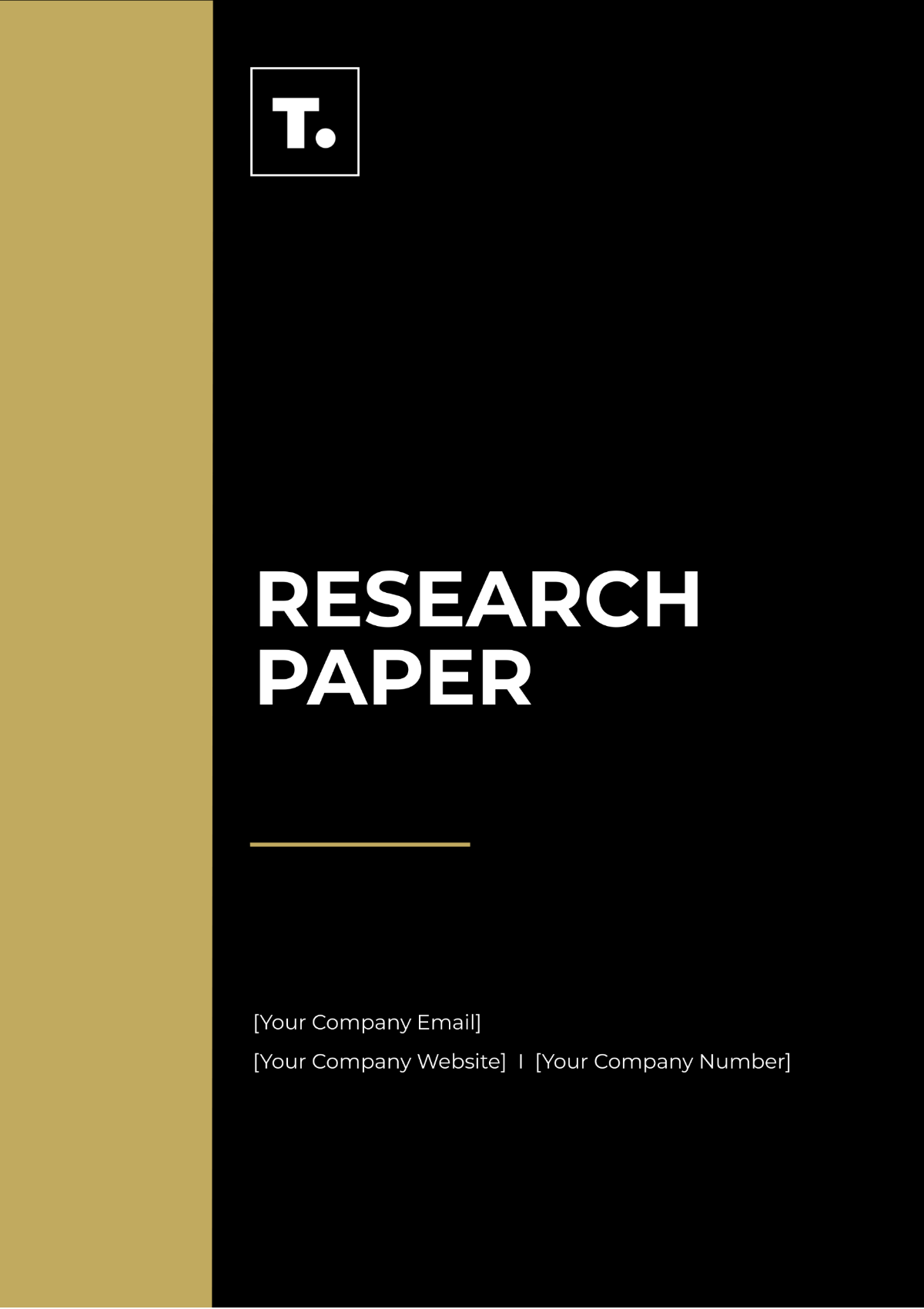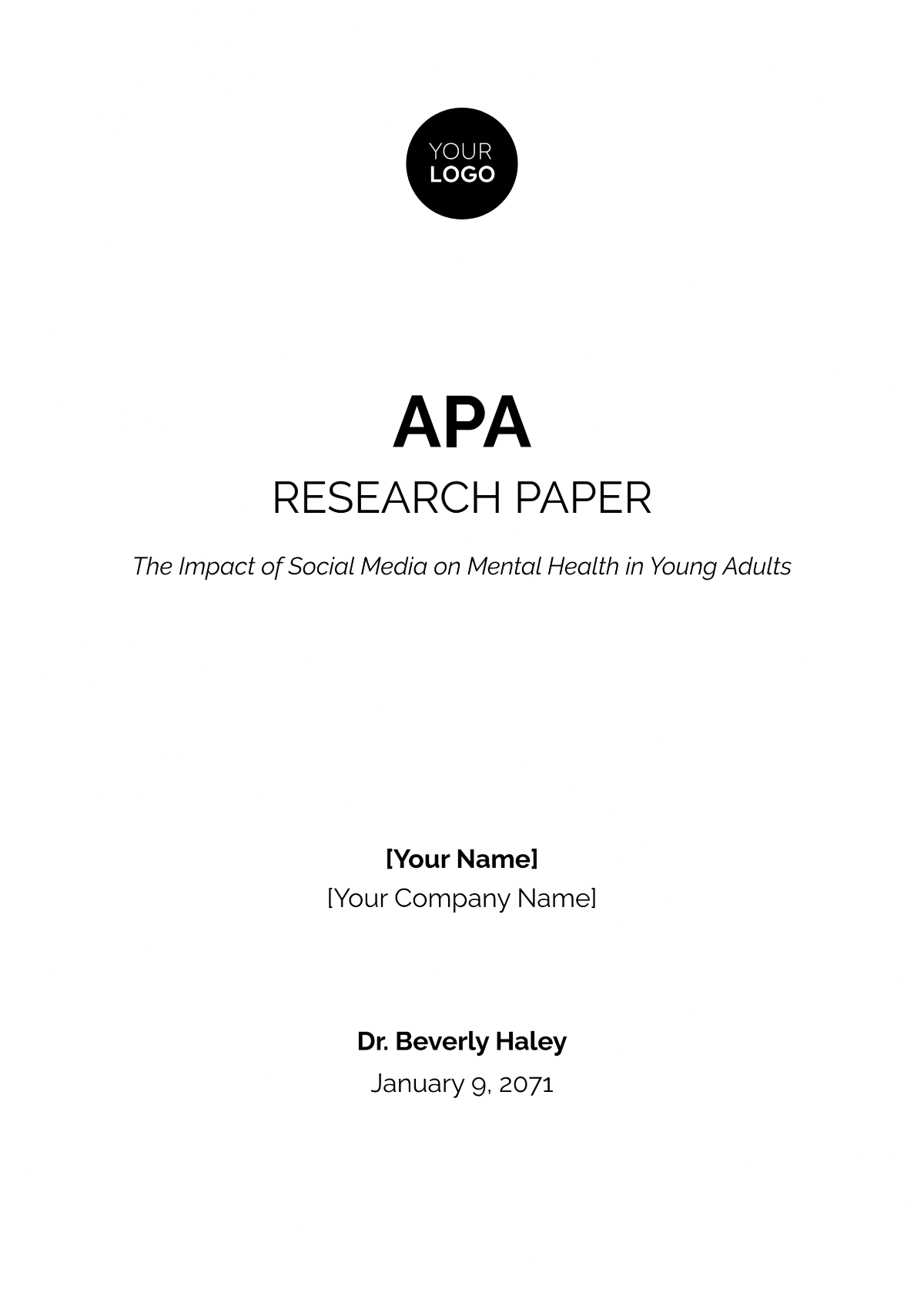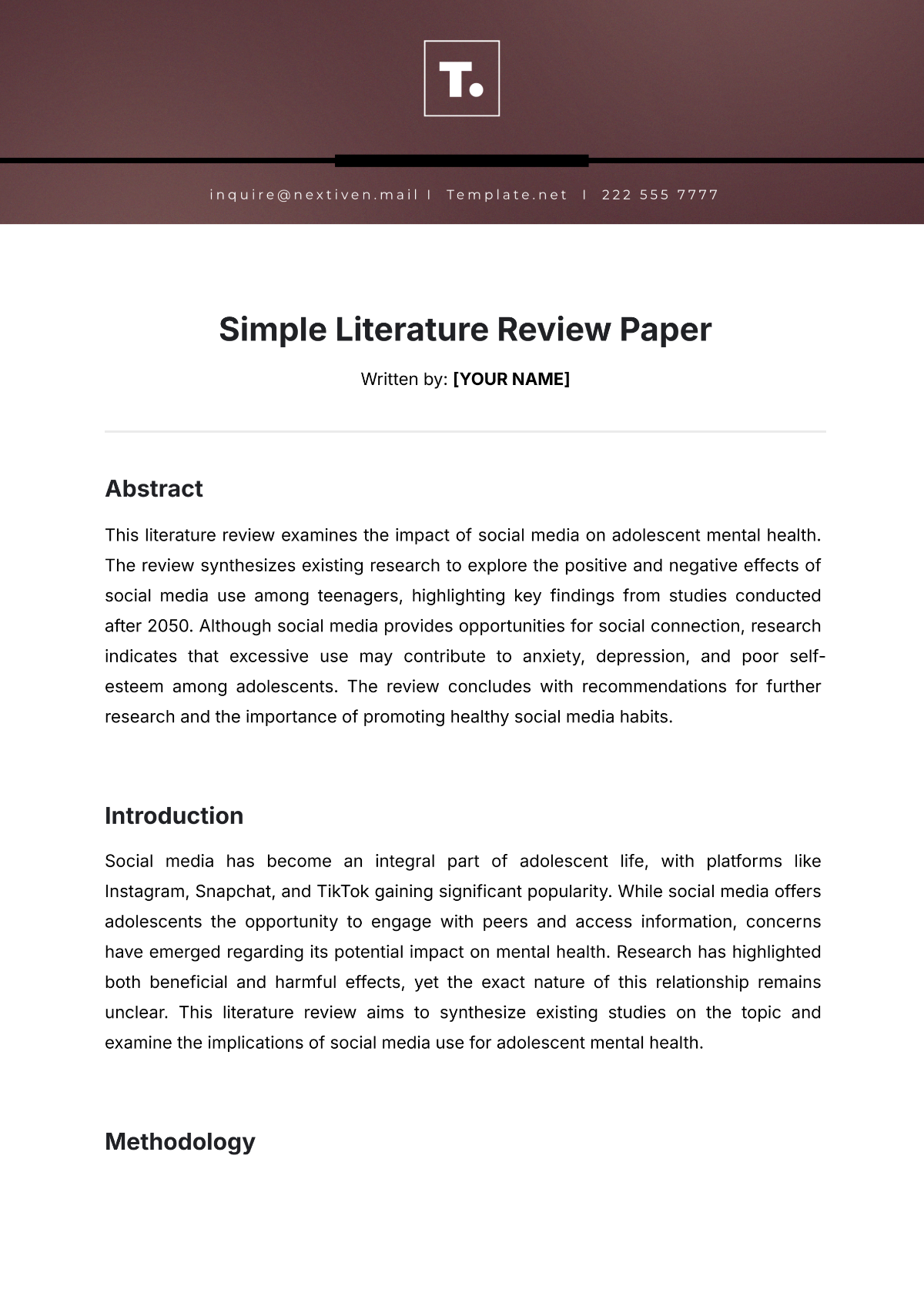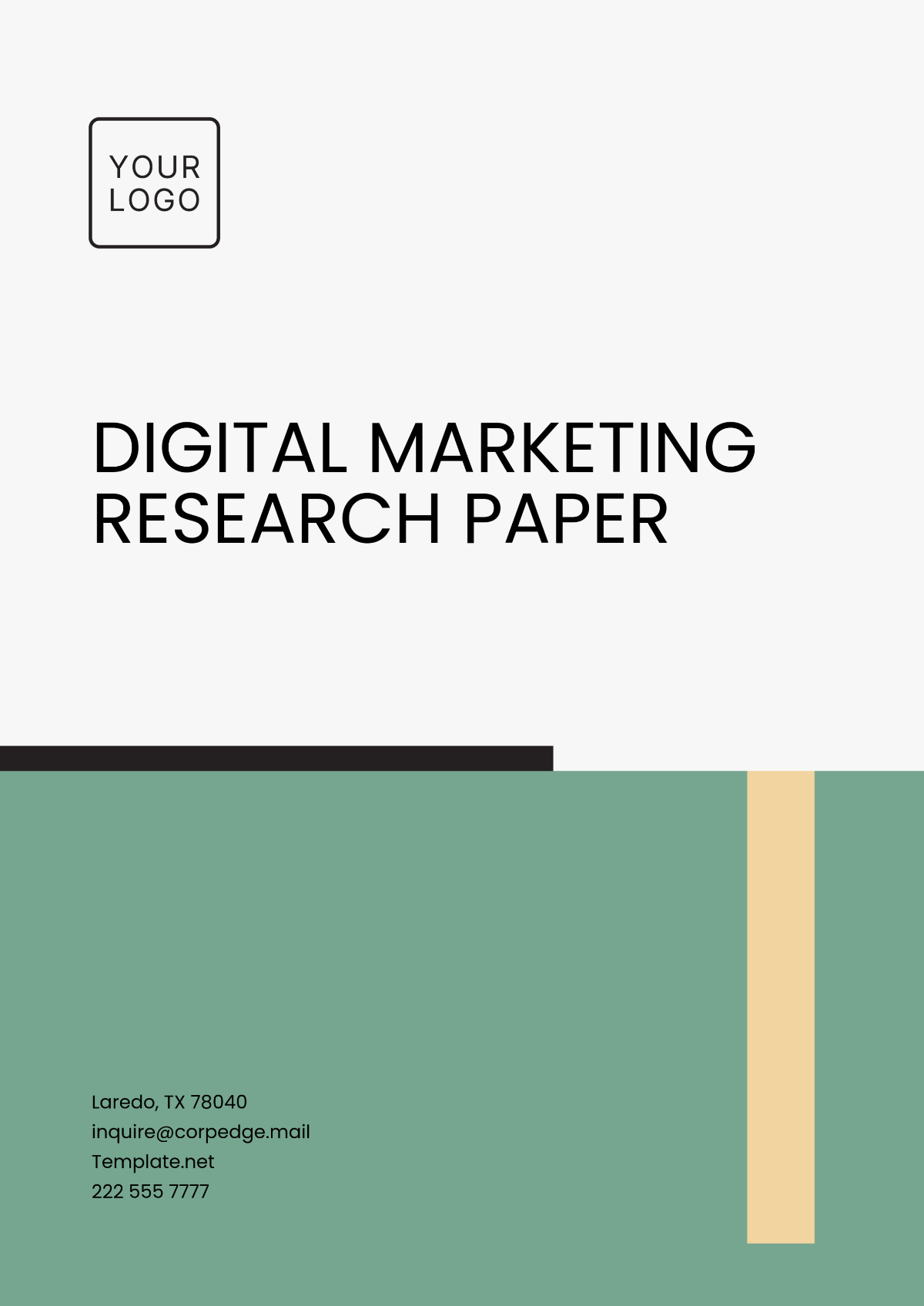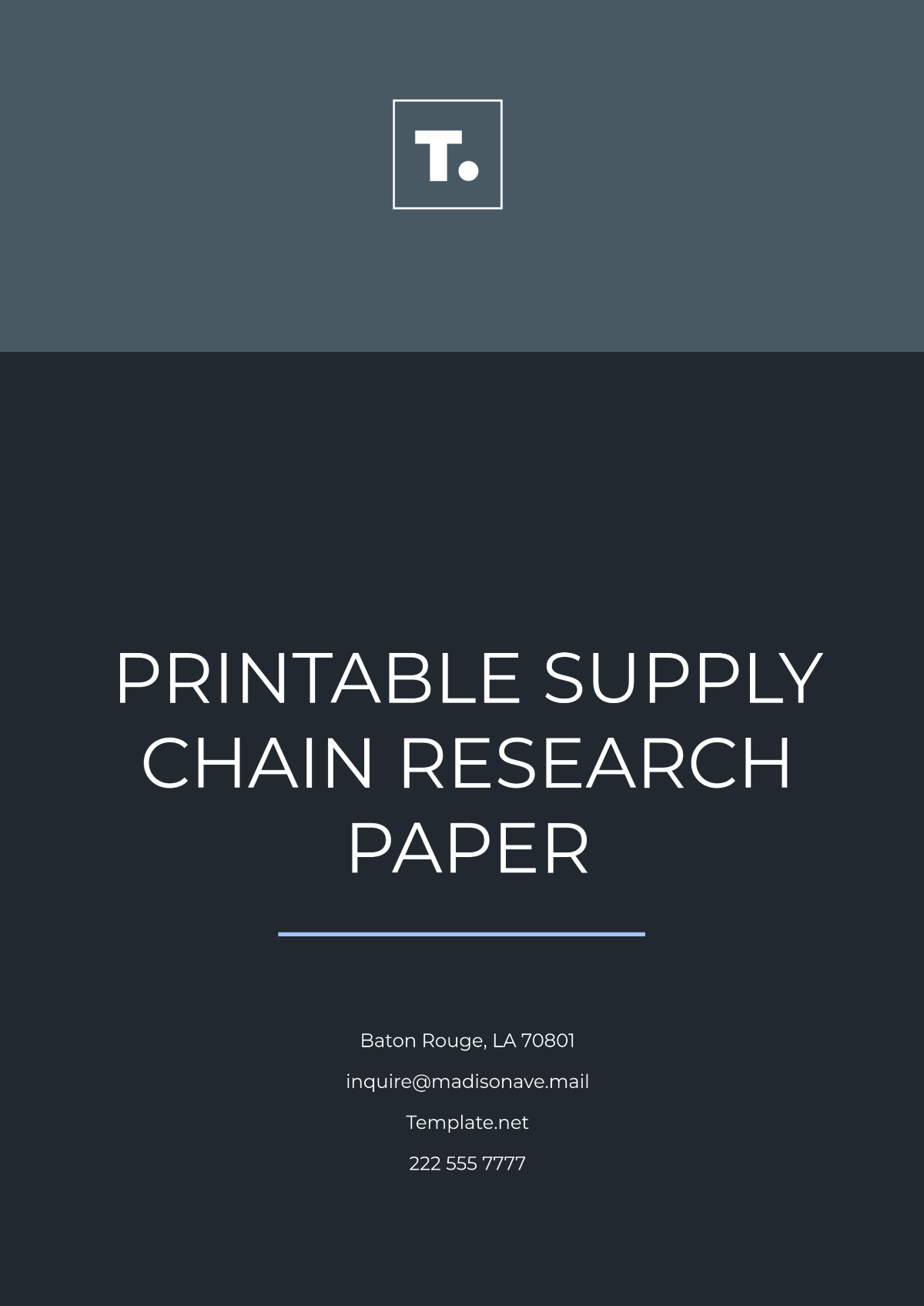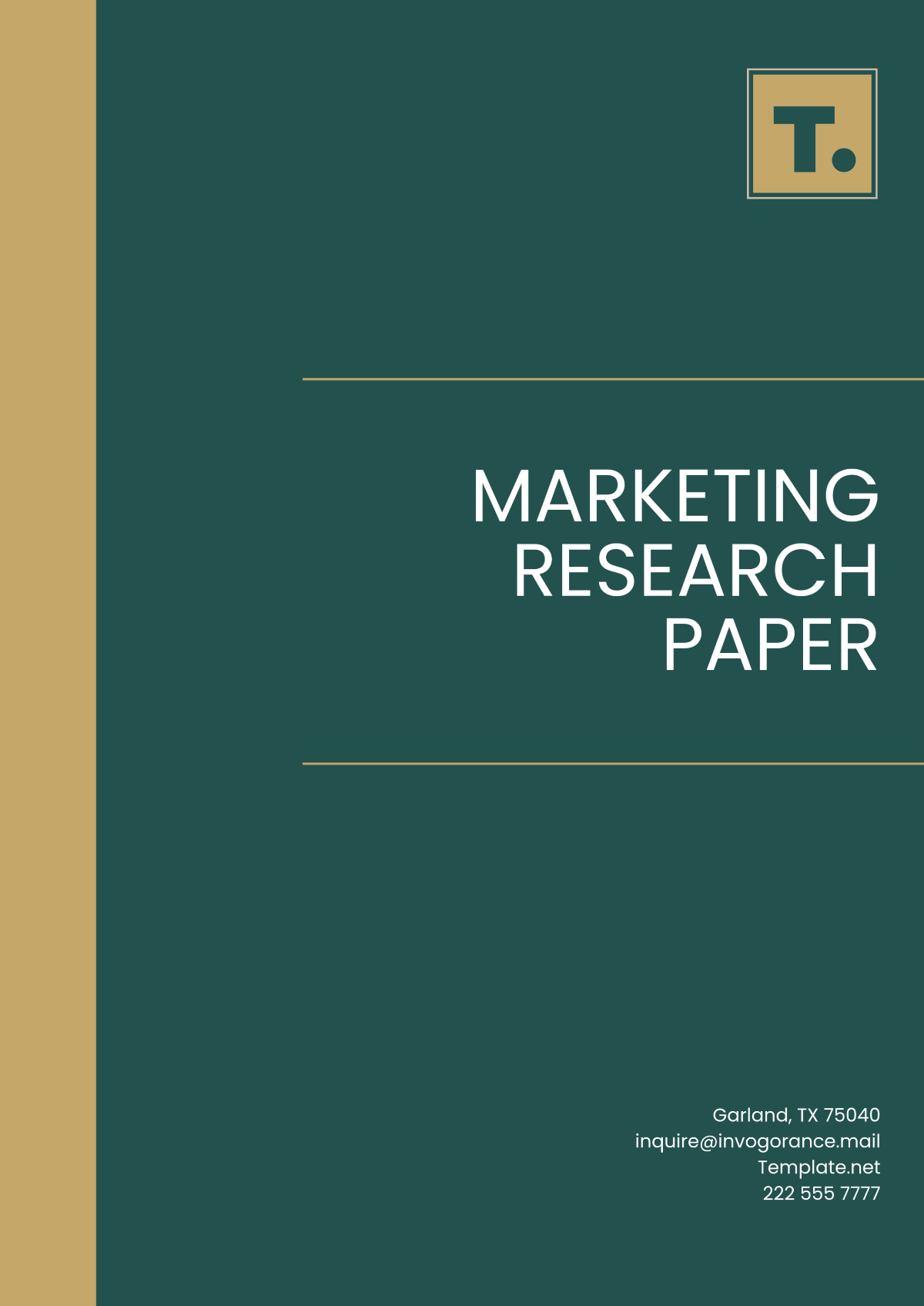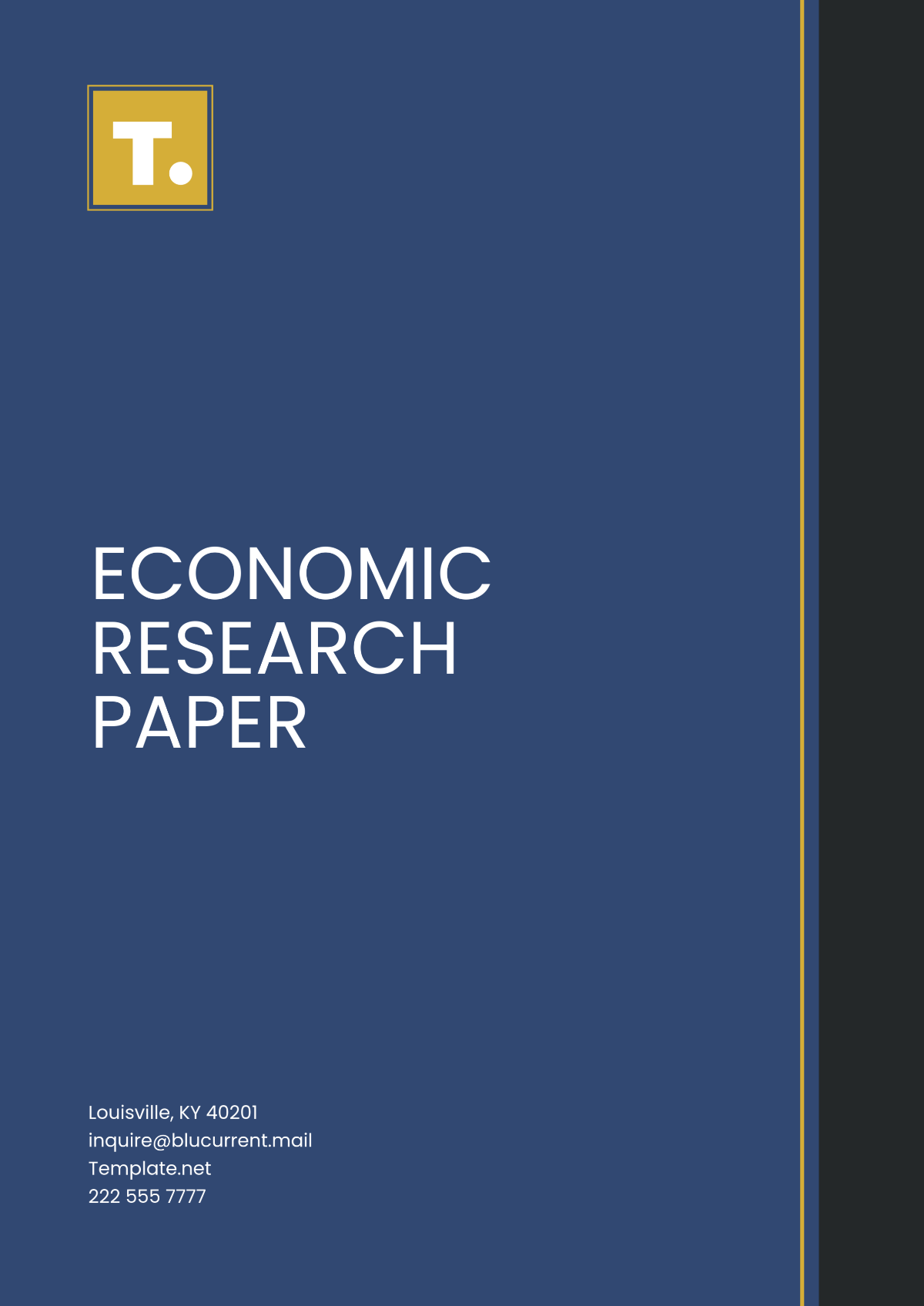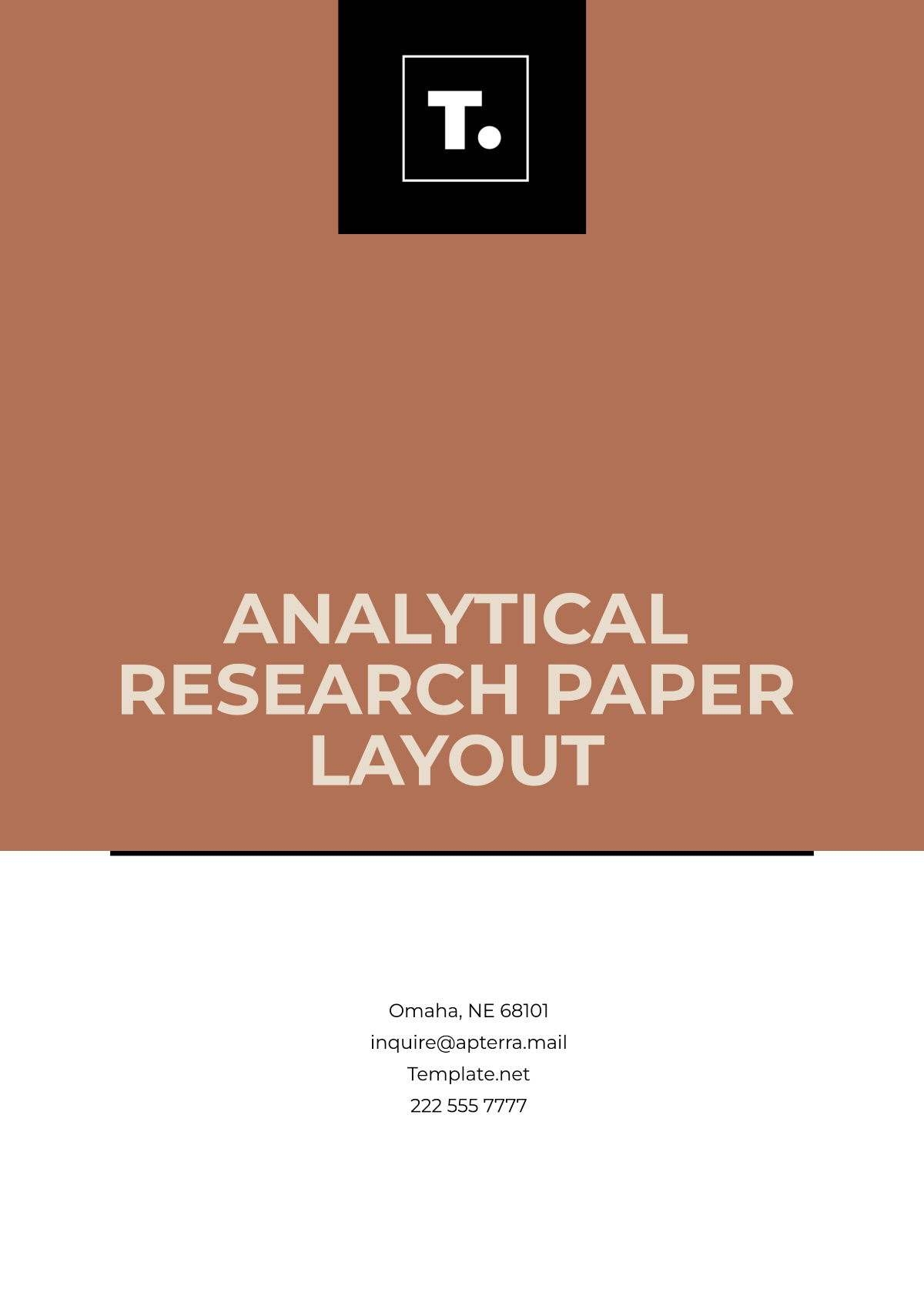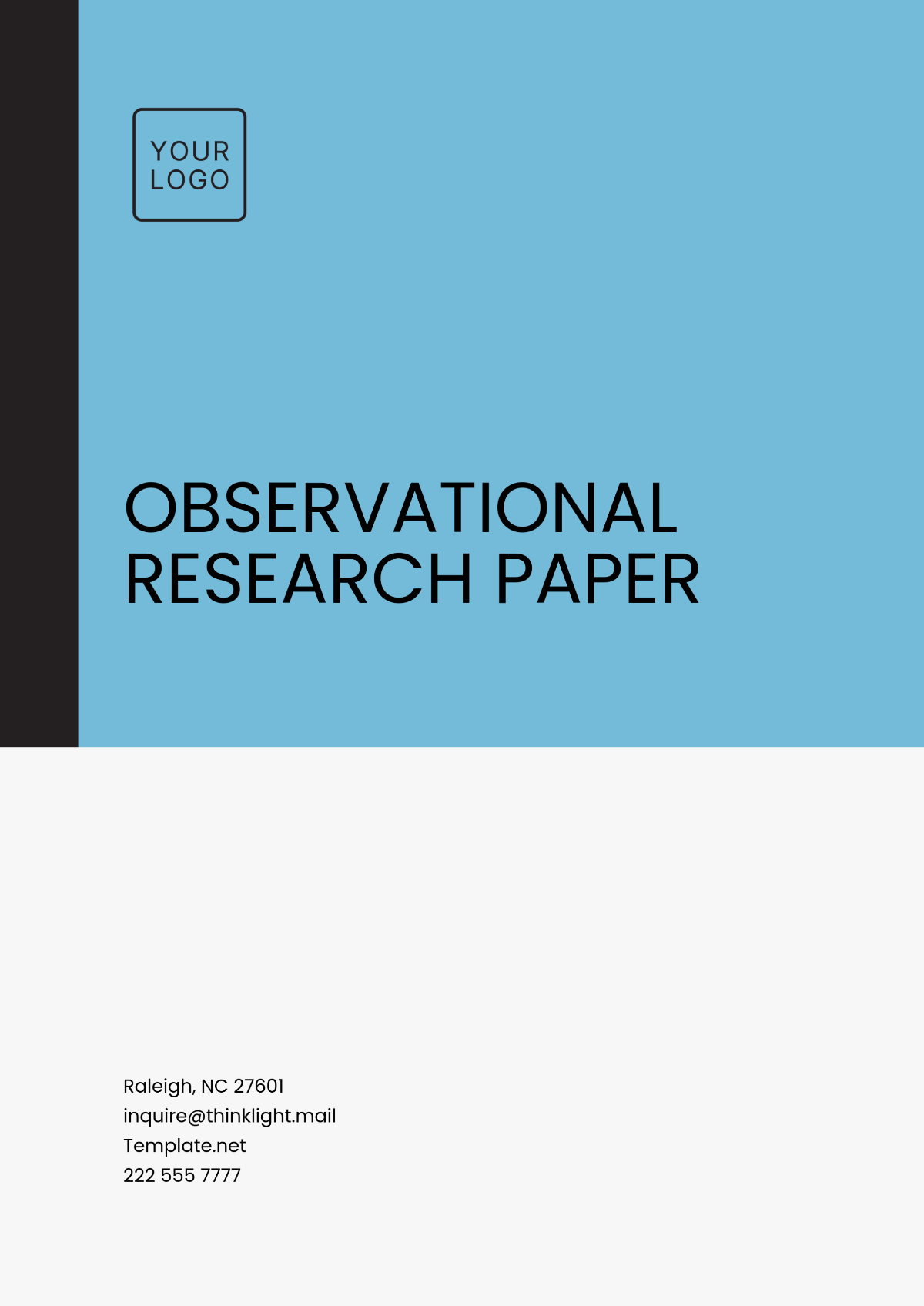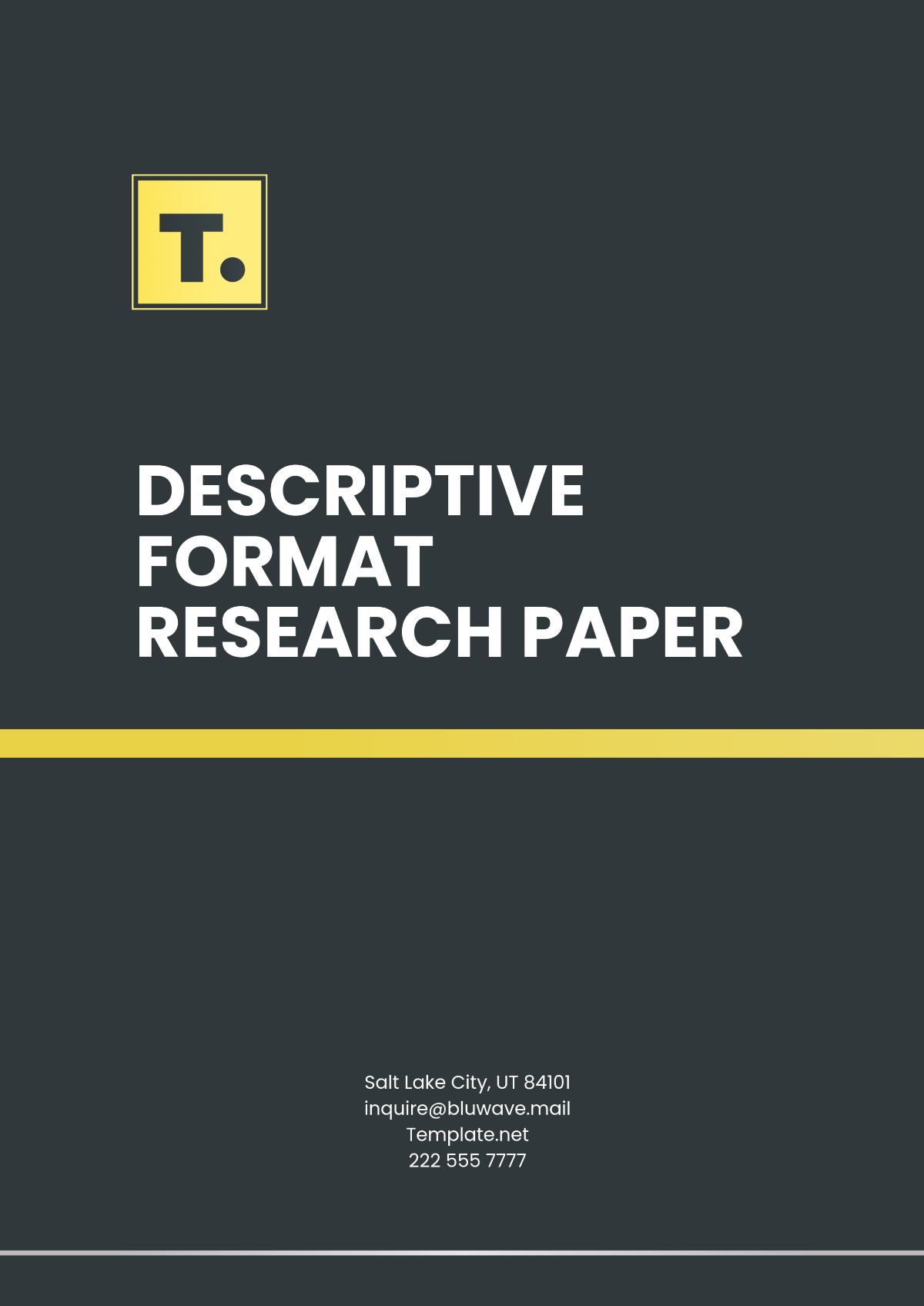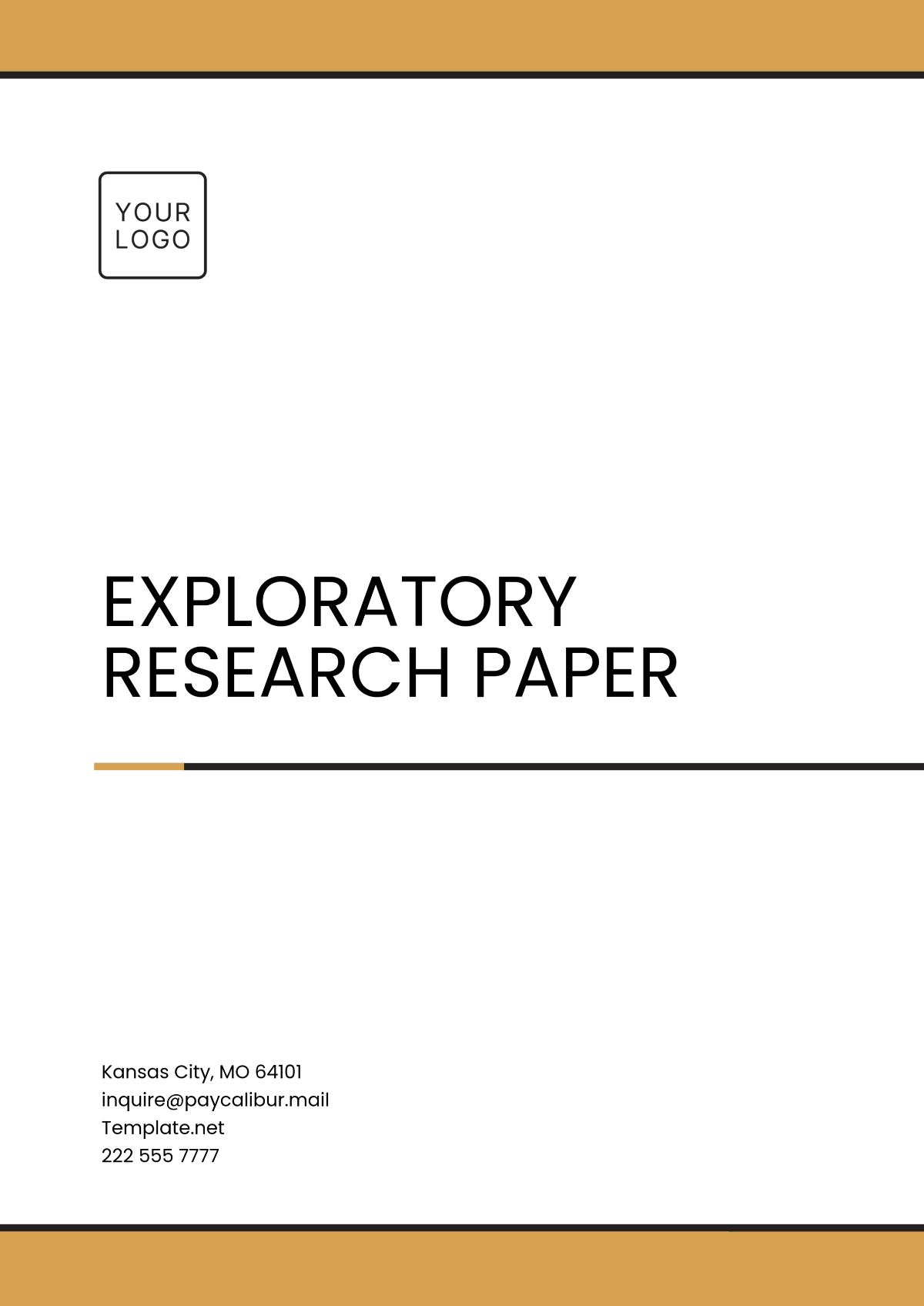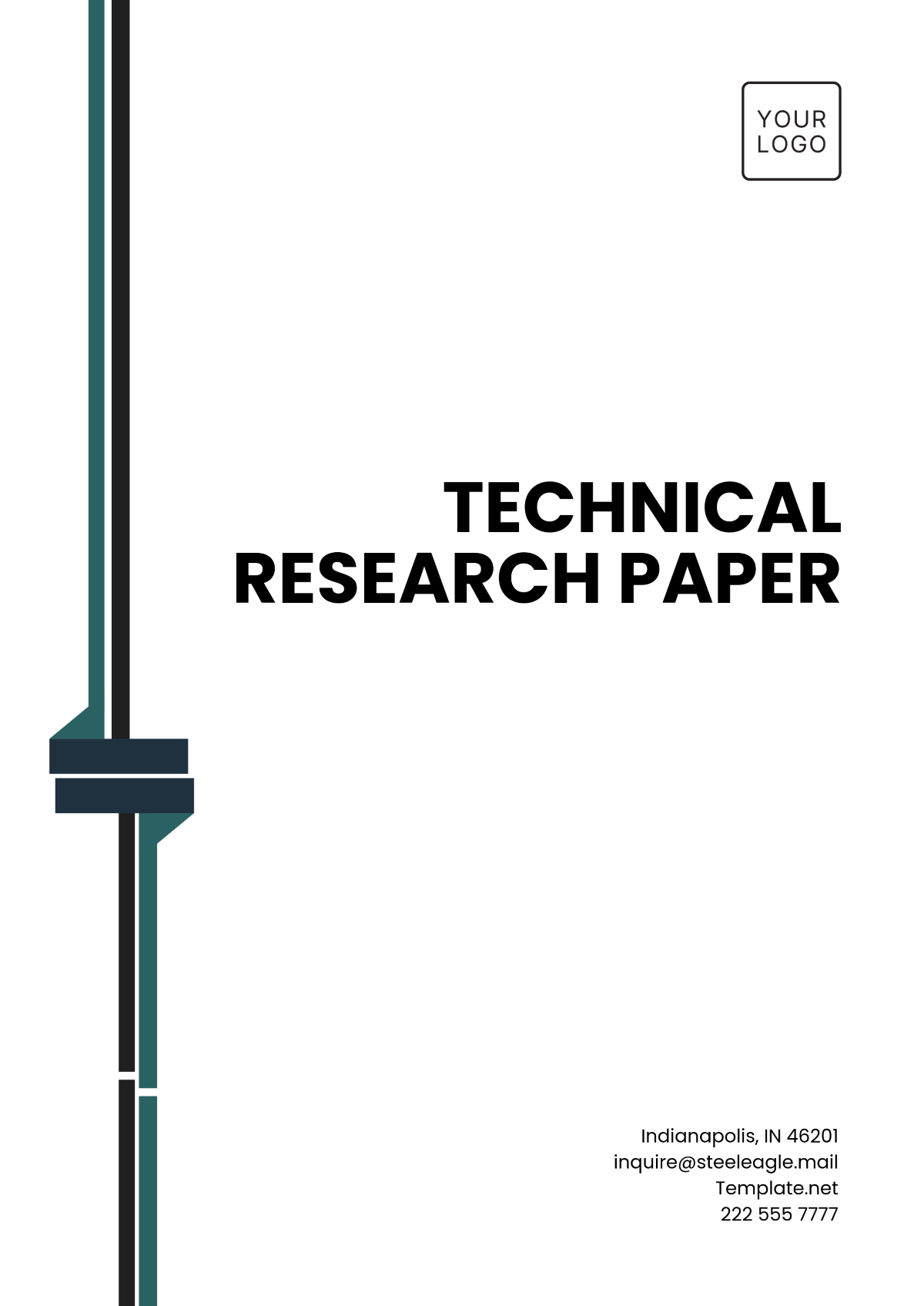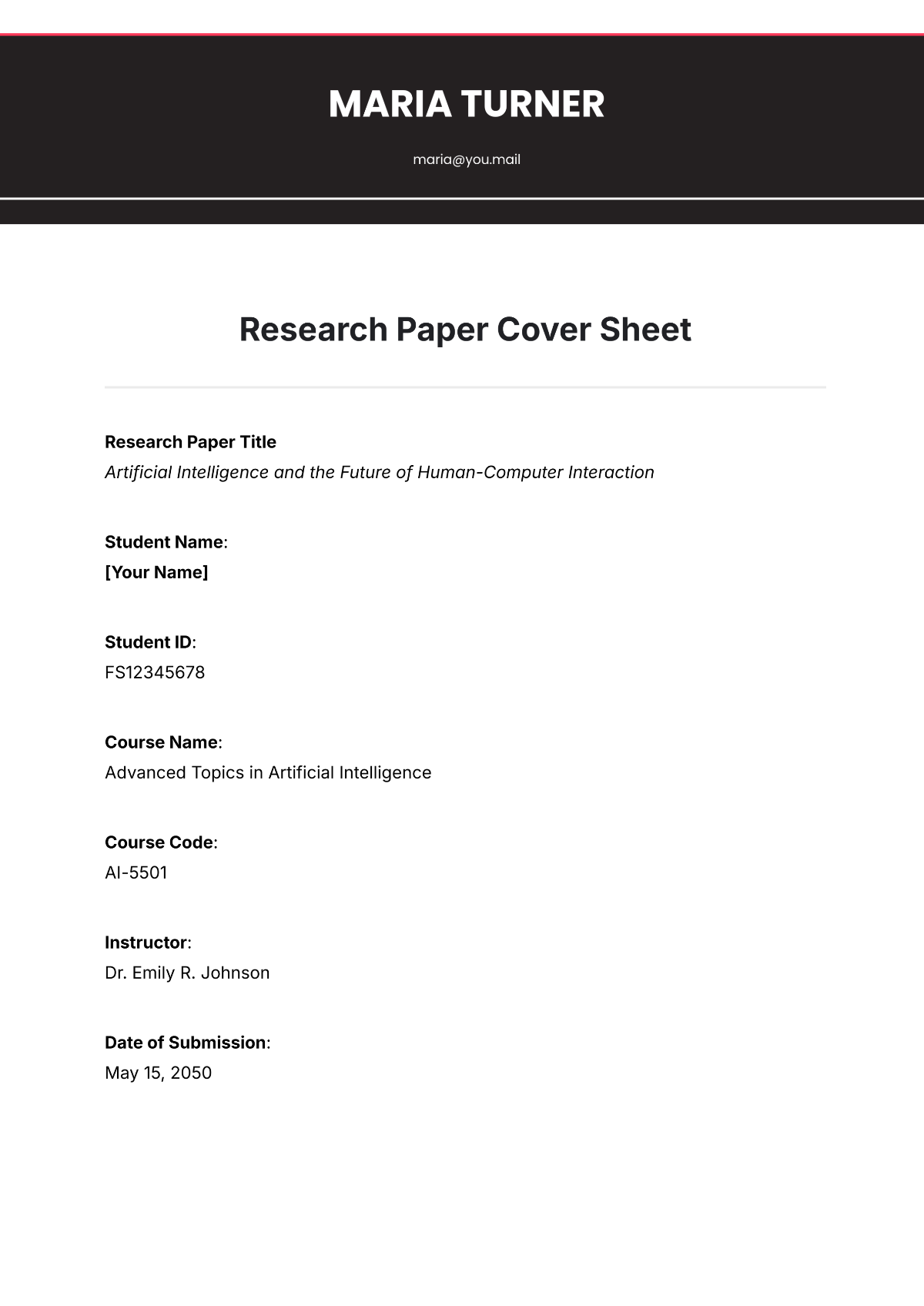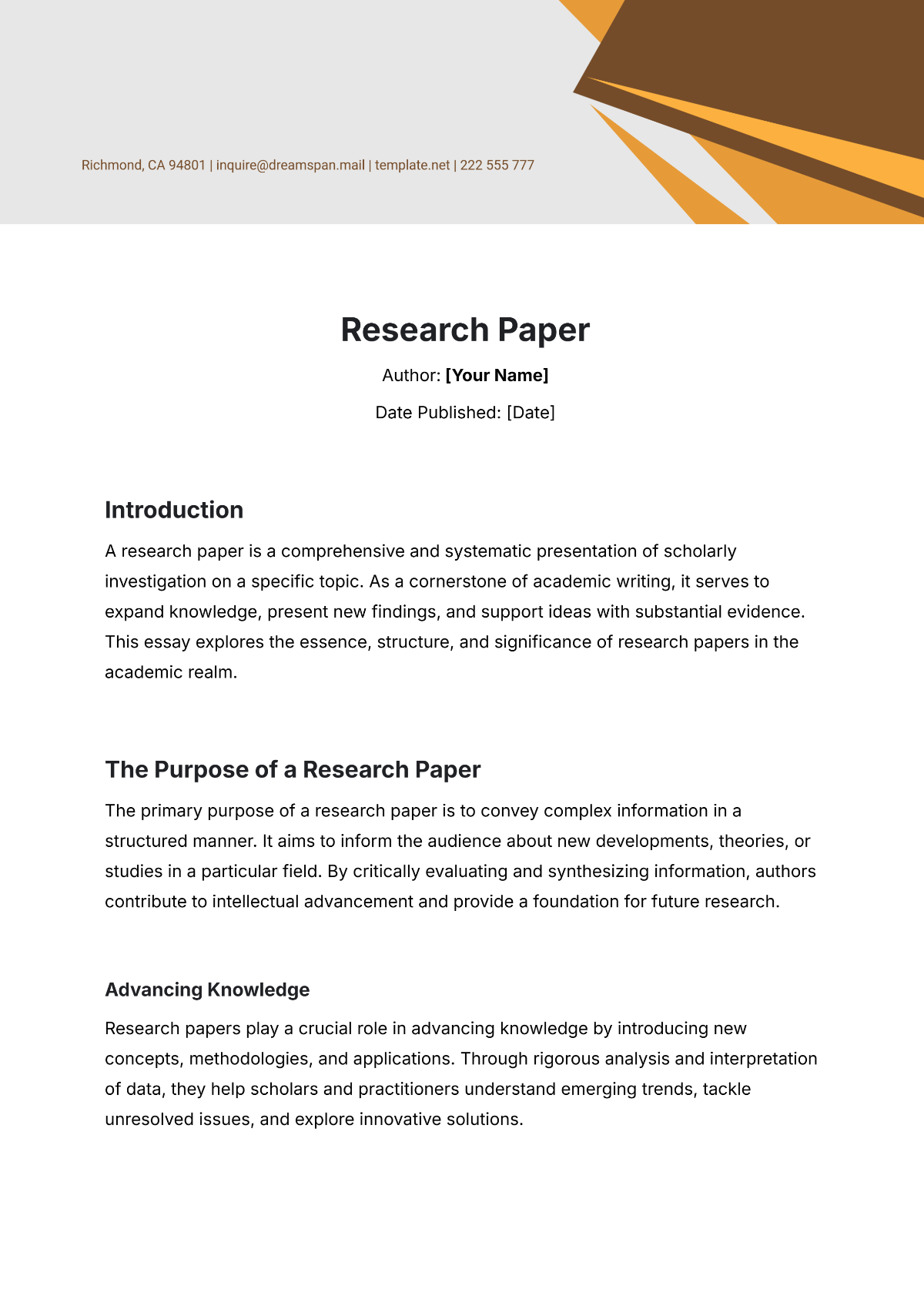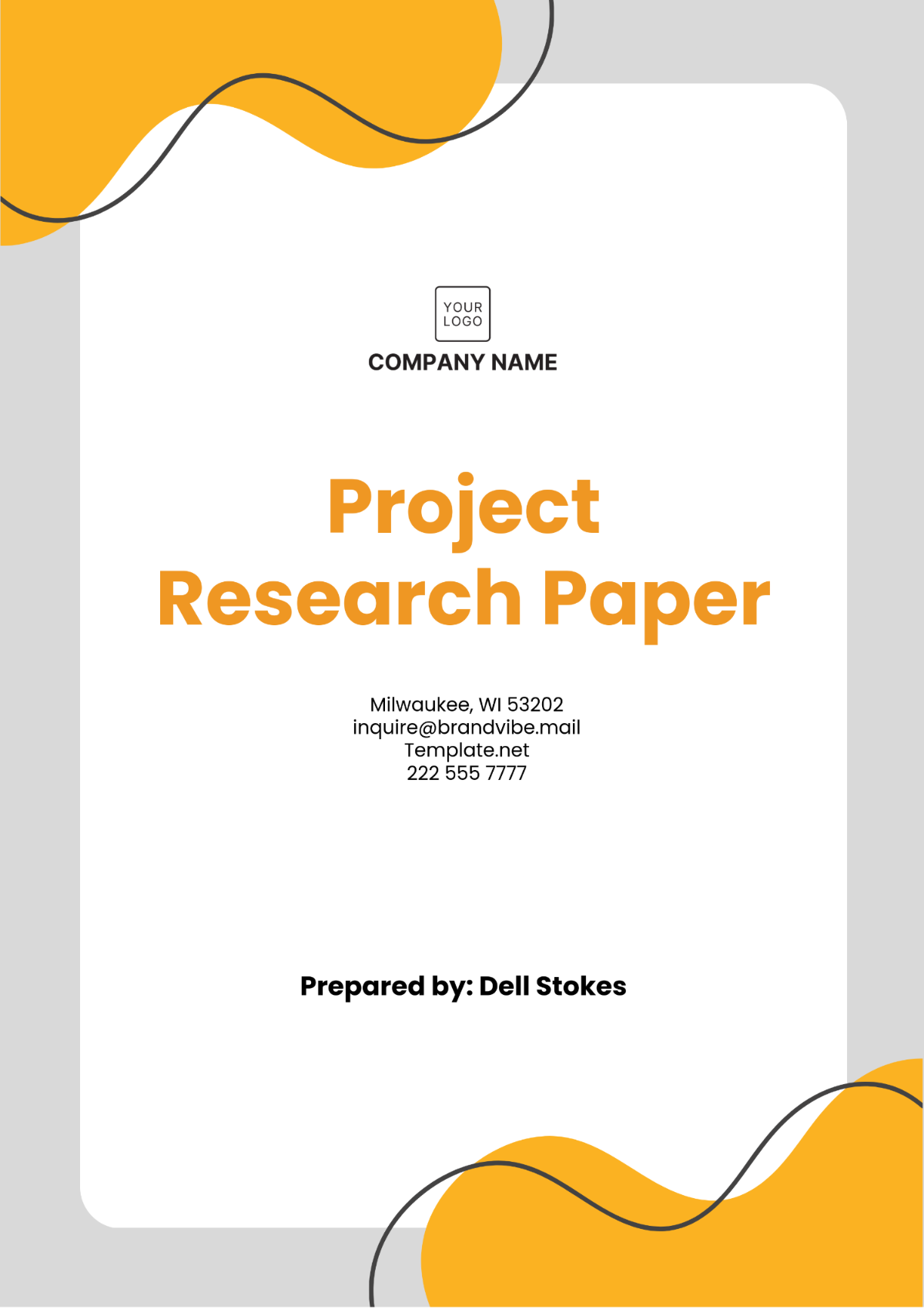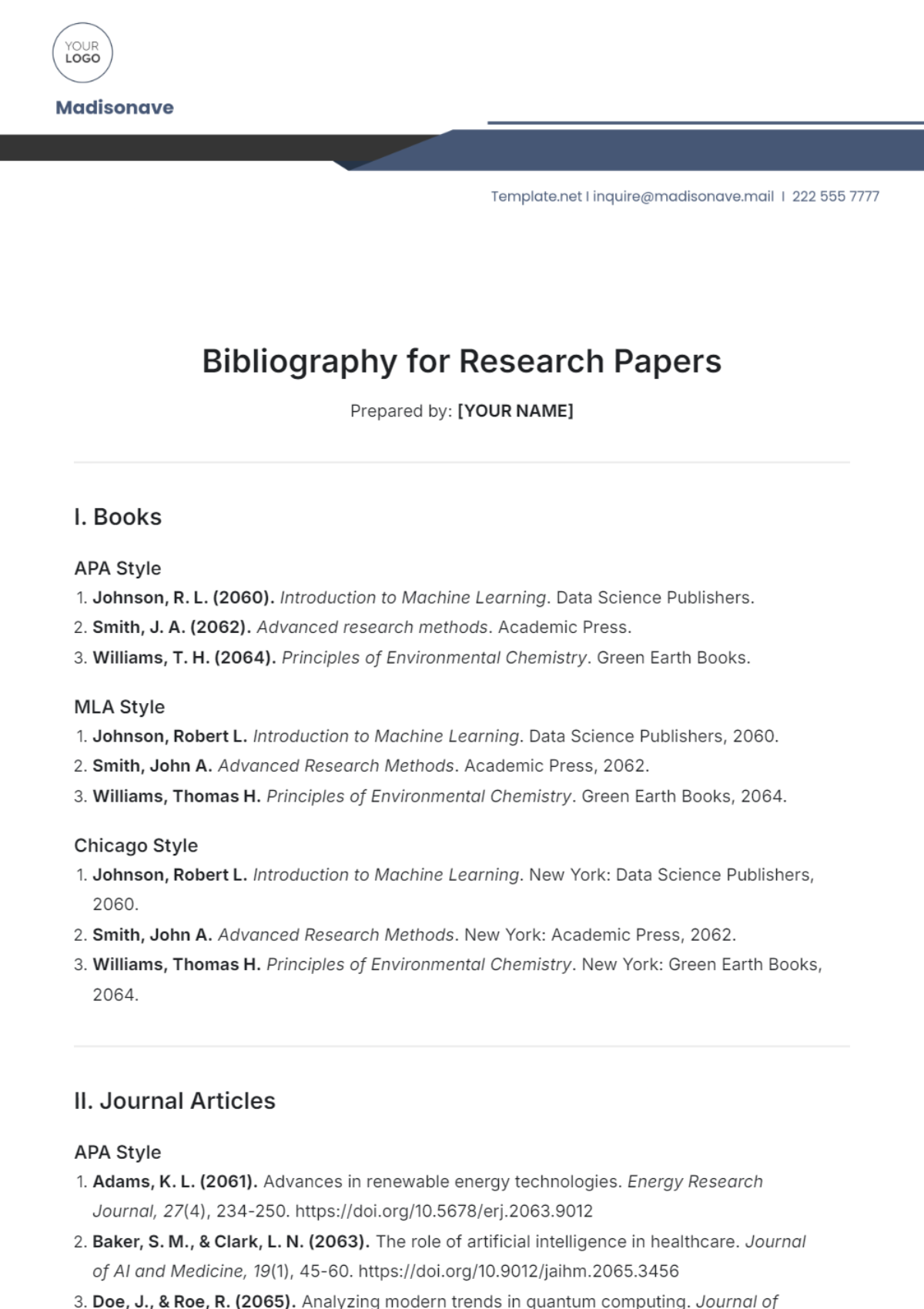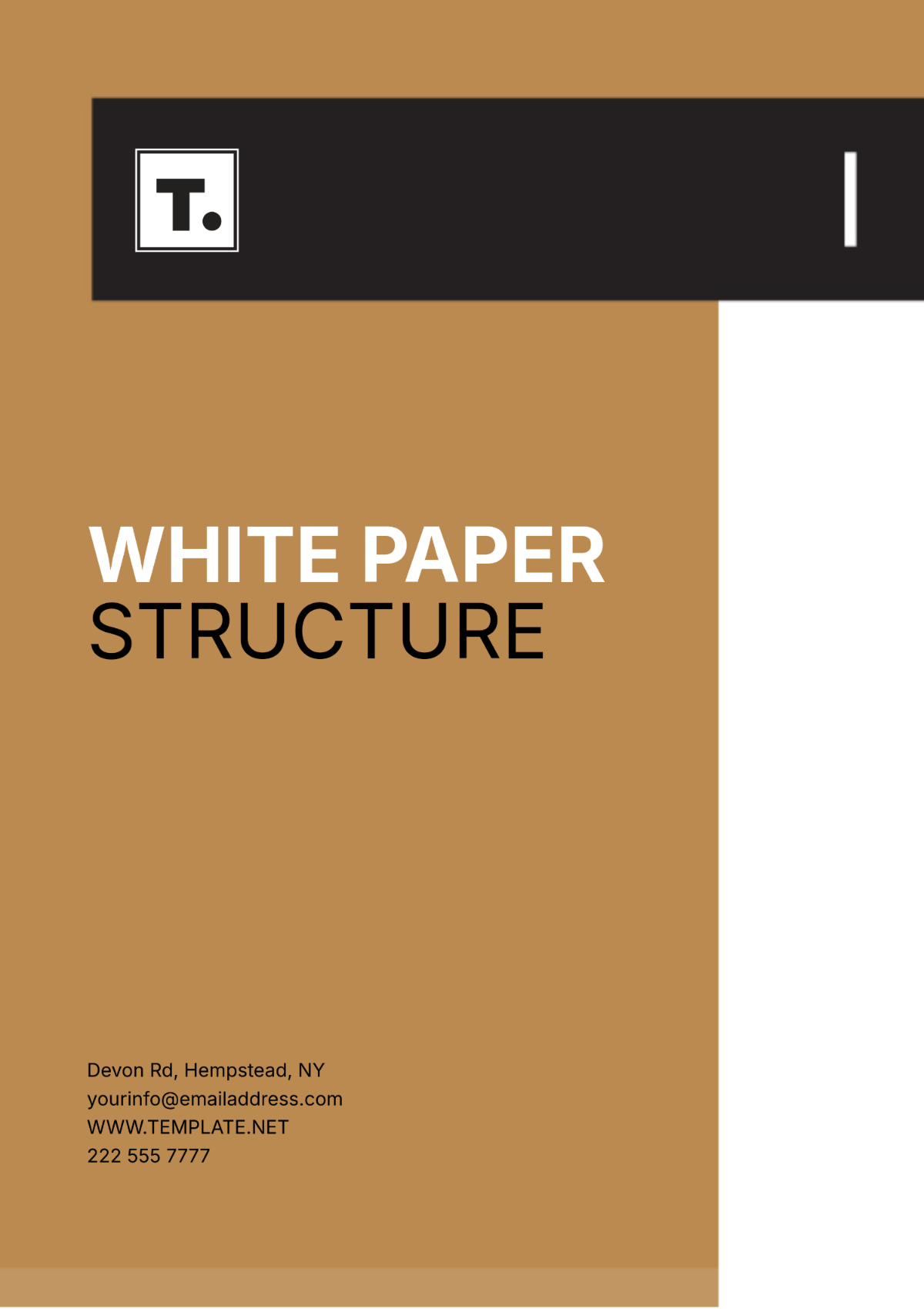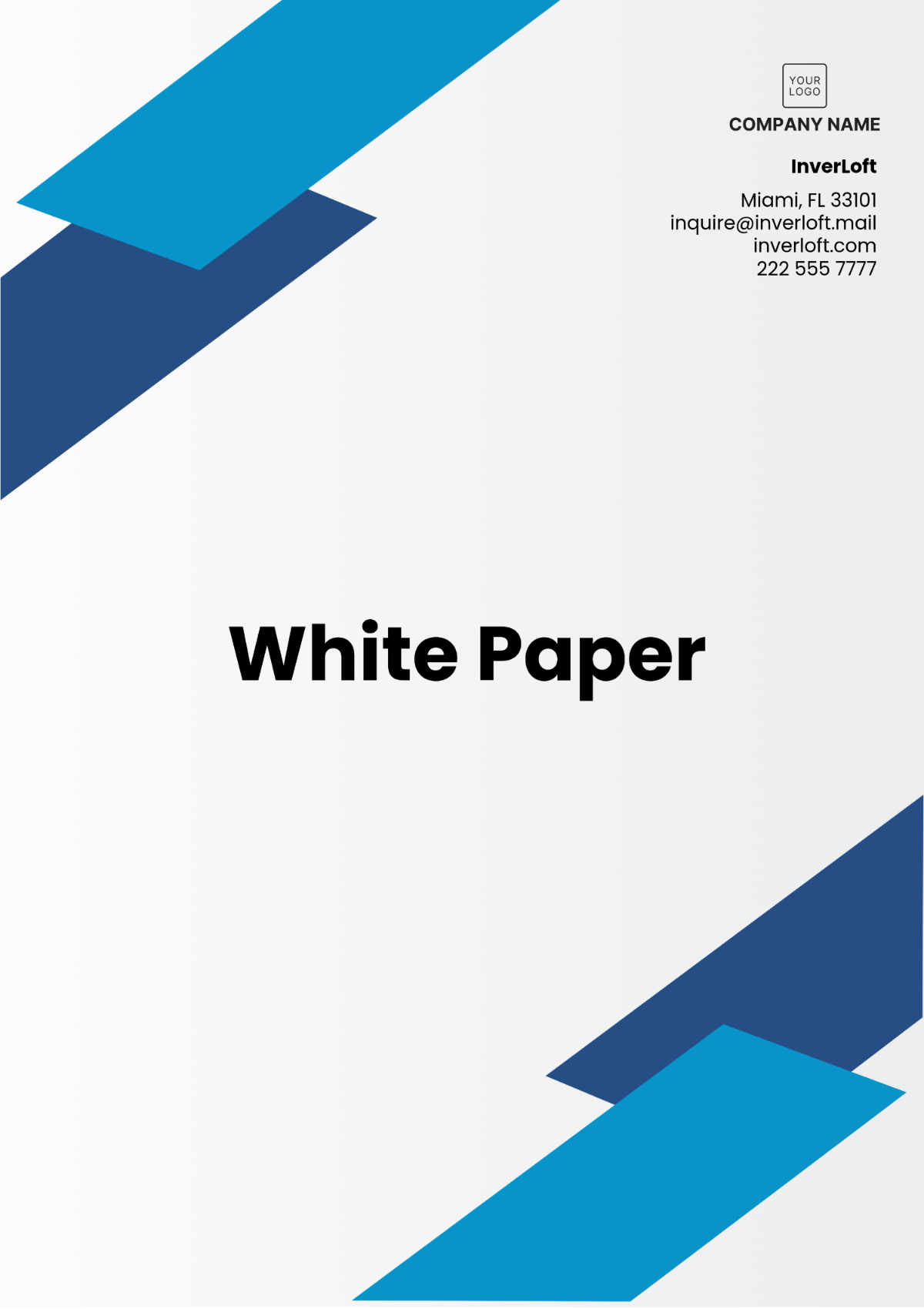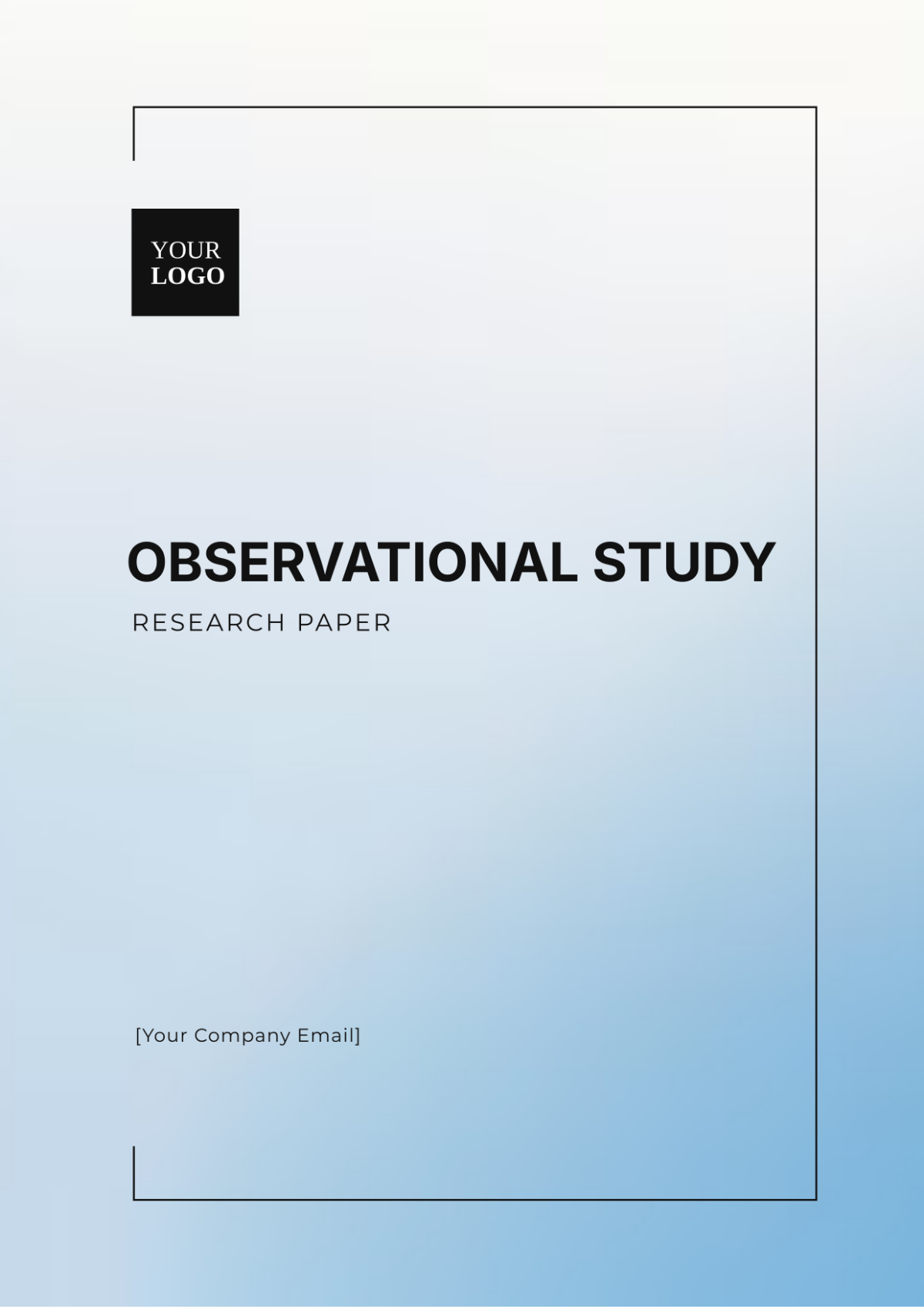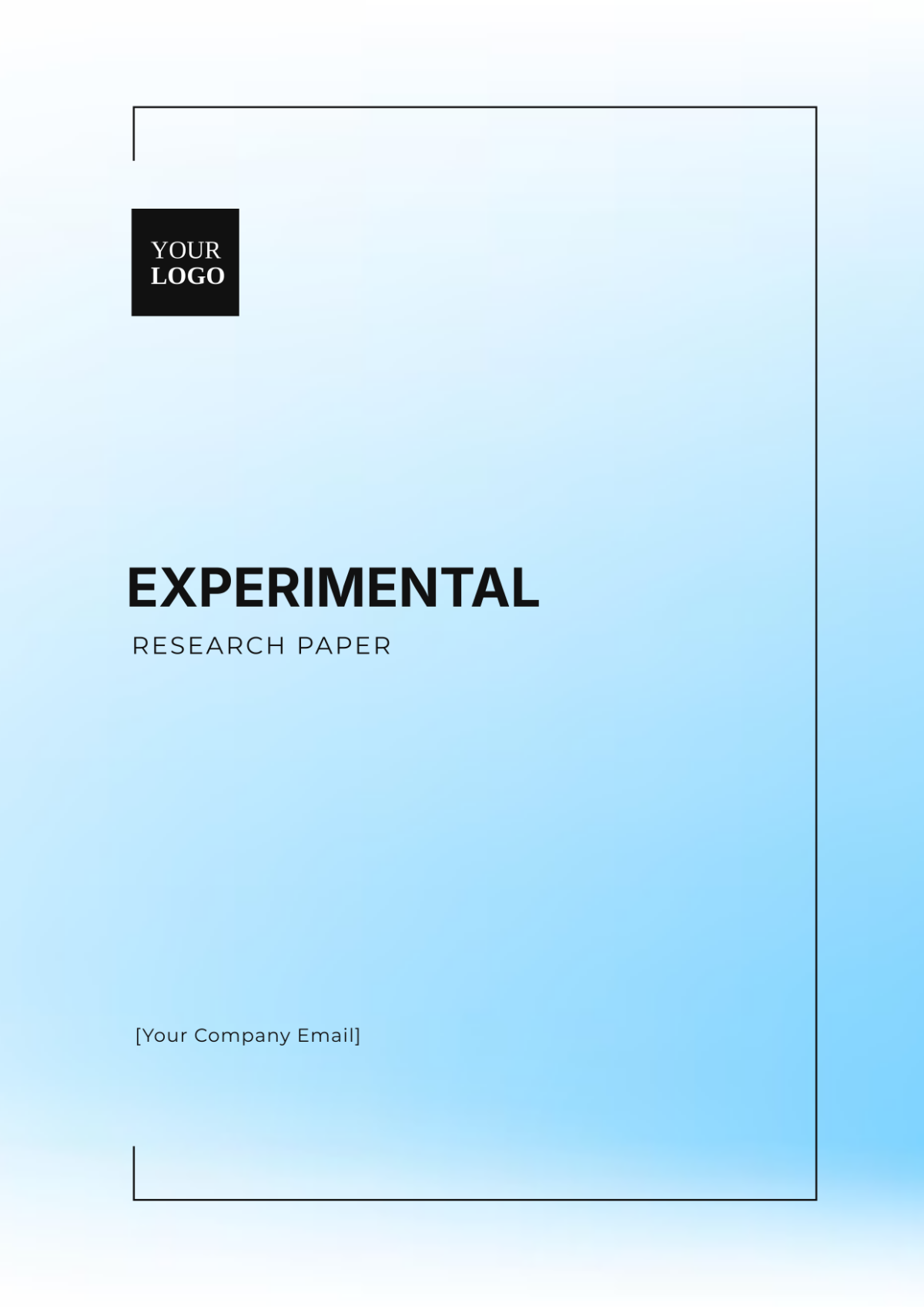Dissertation Research Paper
Abstract
This dissertation examines the impact of digital transformation on organizational efficiency, focusing on how digital technologies enhance performance and streamline processes. Through literature review, surveys, and case studies, this research aims to provide insights into the benefits and challenges associated with digital transformation initiatives.
I. Introduction
Digital transformation refers to the integration of digital technologies into all areas of a business, fundamentally changing how organizations operate and deliver value to customers. This research analyzes the effects of digital transformation on organizational efficiency, evaluating both positive outcomes and potential drawbacks.
II. Literature Review
A comprehensive review of existing literature provides a theoretical framework for understanding digital transformation and its impacts. Key areas of focus include:
1. Defining Digital Transformation
2. Historical Context and Evolution
3. Technological Drivers of Digital Transformation
4. Effects on Organizational Efficiency
III. Research Methodology
This section outlines the methods used to gather data and analyze the impact of digital transformation. The research employs a mixed-methods approach, combining qualitative and quantitative techniques.
1. Quantitative Methods
Surveys distributed to industry professionals
Data analysis using statistical software
2. Qualitative Methods
Case studies of organizations undergoing digital transformation
In-depth interviews with key stakeholders
IV. Findings and Discussion
The findings reveal significant improvements in organizational efficiency following the implementation of digital technologies. Key benefits include increased productivity, reduced operational costs, and enhanced customer satisfaction. However, the research also identifies challenges such as resistance to change and the need for continuous skill development.
1. Area of Impact
Positive Outcomes
Productivity: Improved automation and workflow
Operational Costs: Reduction in manual processes
Customer Satisfaction: Enhanced service delivery
Challenges
Adaptation to New Technologies
Initial Investment Costs
Consistent User Experience Across Platforms
V. Conclusion
This dissertation concludes that digital transformation has a profound impact on organizational efficiency. While there are challenges that organizations must address, the benefits significantly outweigh the drawbacks. By leveraging digital technologies, organizations can achieve substantial improvements in productivity, cost-efficiency, and customer satisfaction.
VI. References
Smith, J. (2050). The digital transformation handbook: how to survive and thrive in the digital age. New York, NY: TechPress. (APA)
Doe, A., & Brown, K. (2050). Digital disruption: Strategies for business transformation. London, UK: Business Insights. (MLA)
Williams, L. (2050). Organizational change and digital transformation. Journal of Business Research, 45(3), 123–137. (APA)
